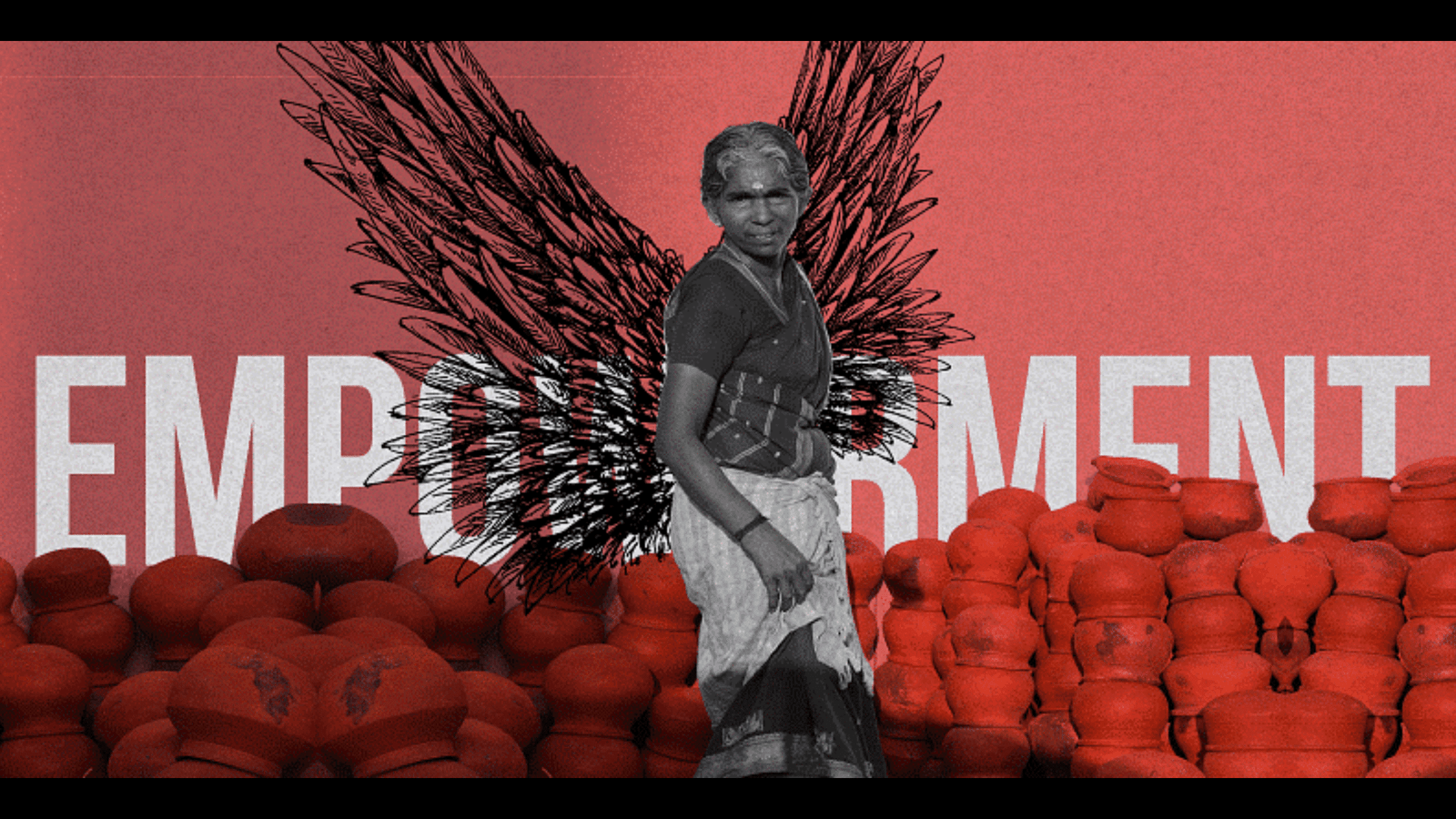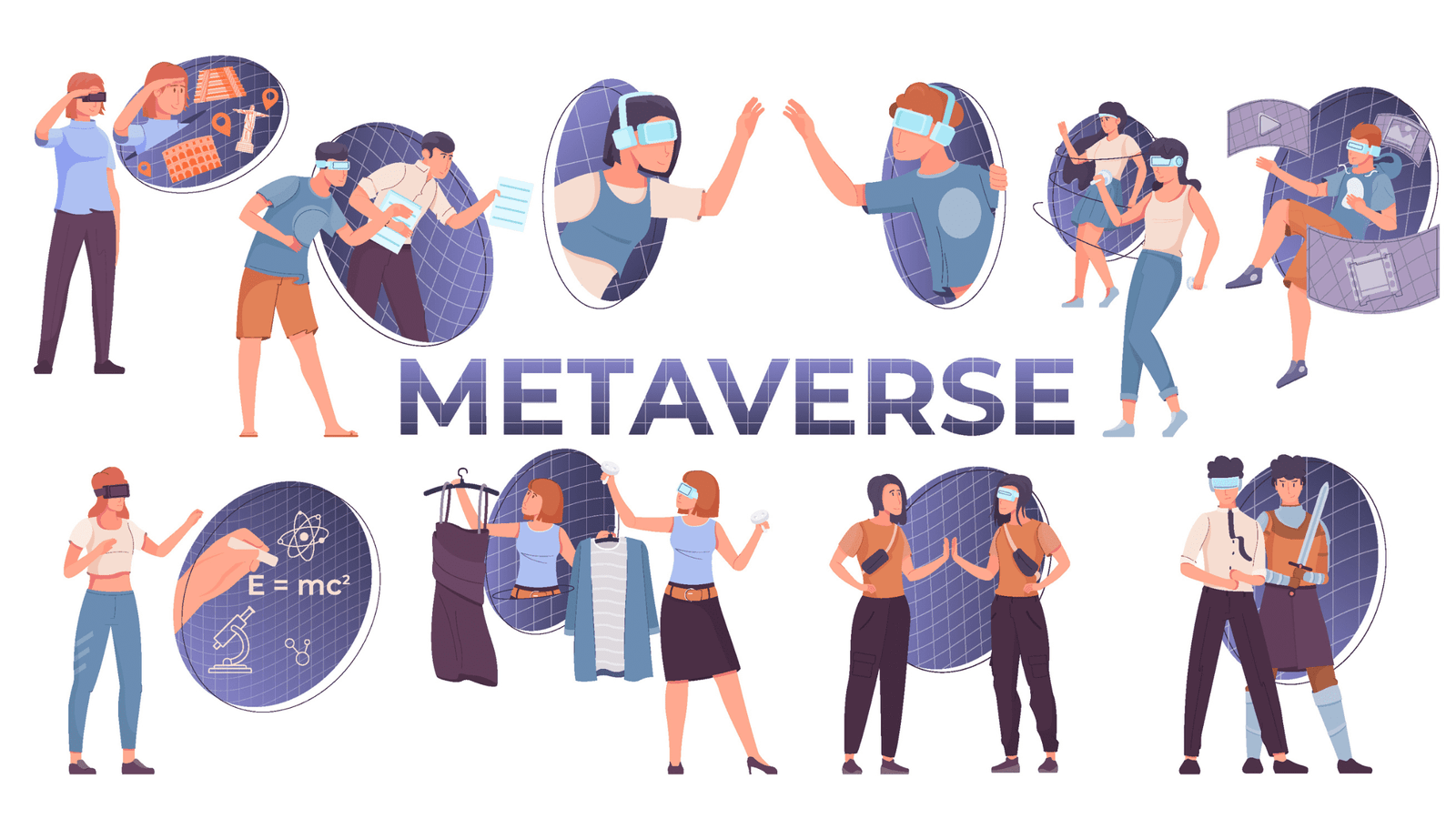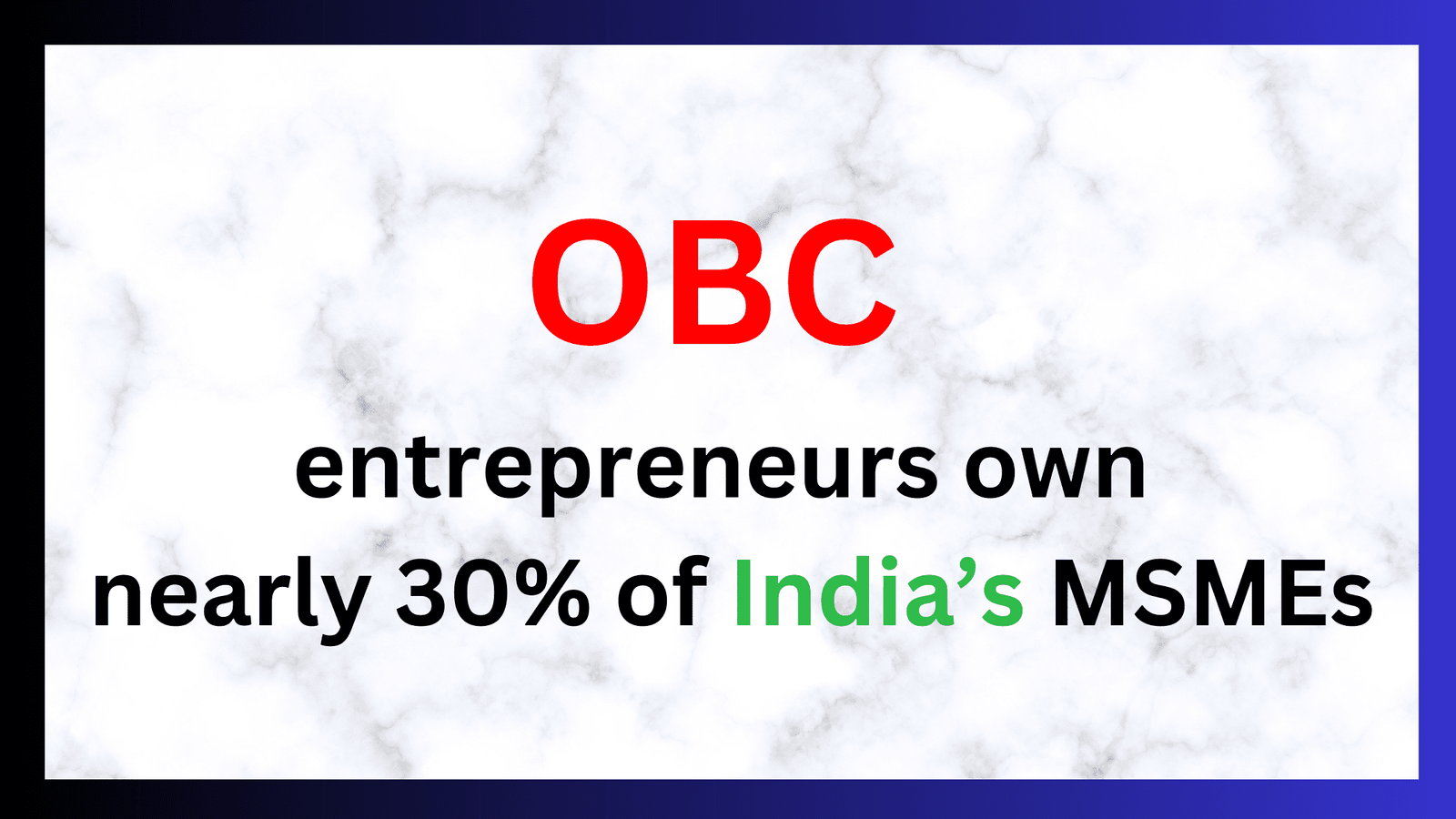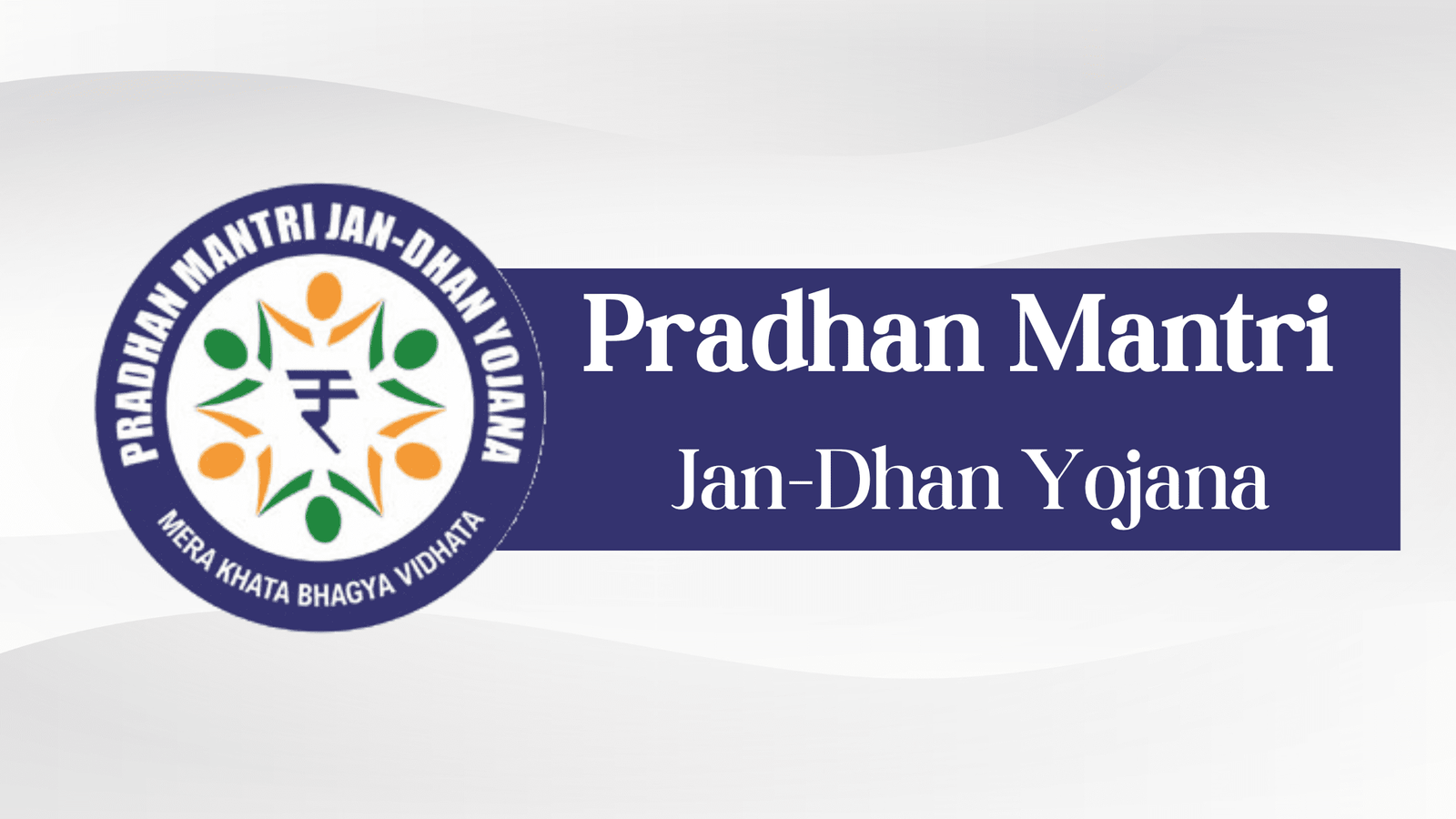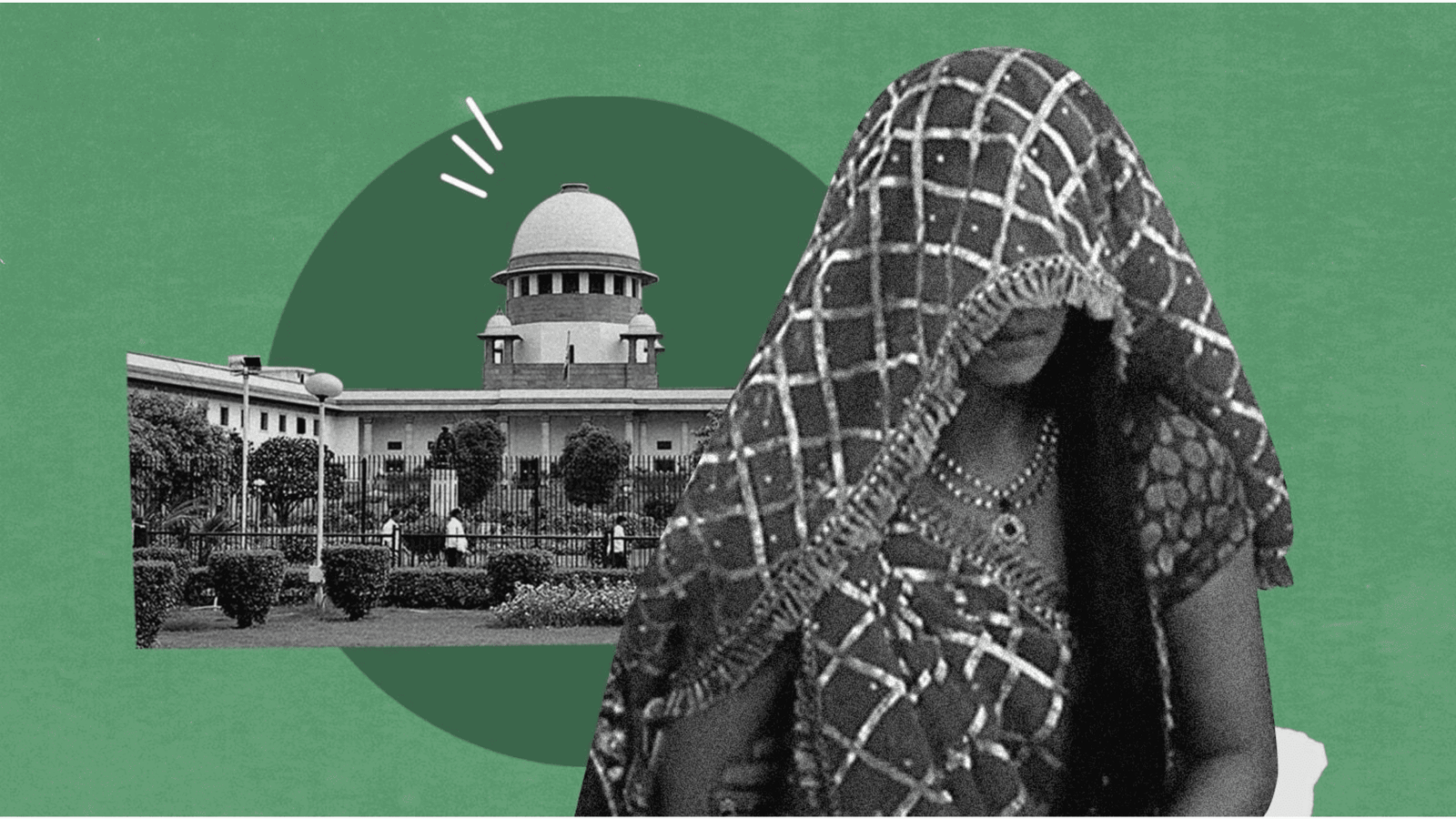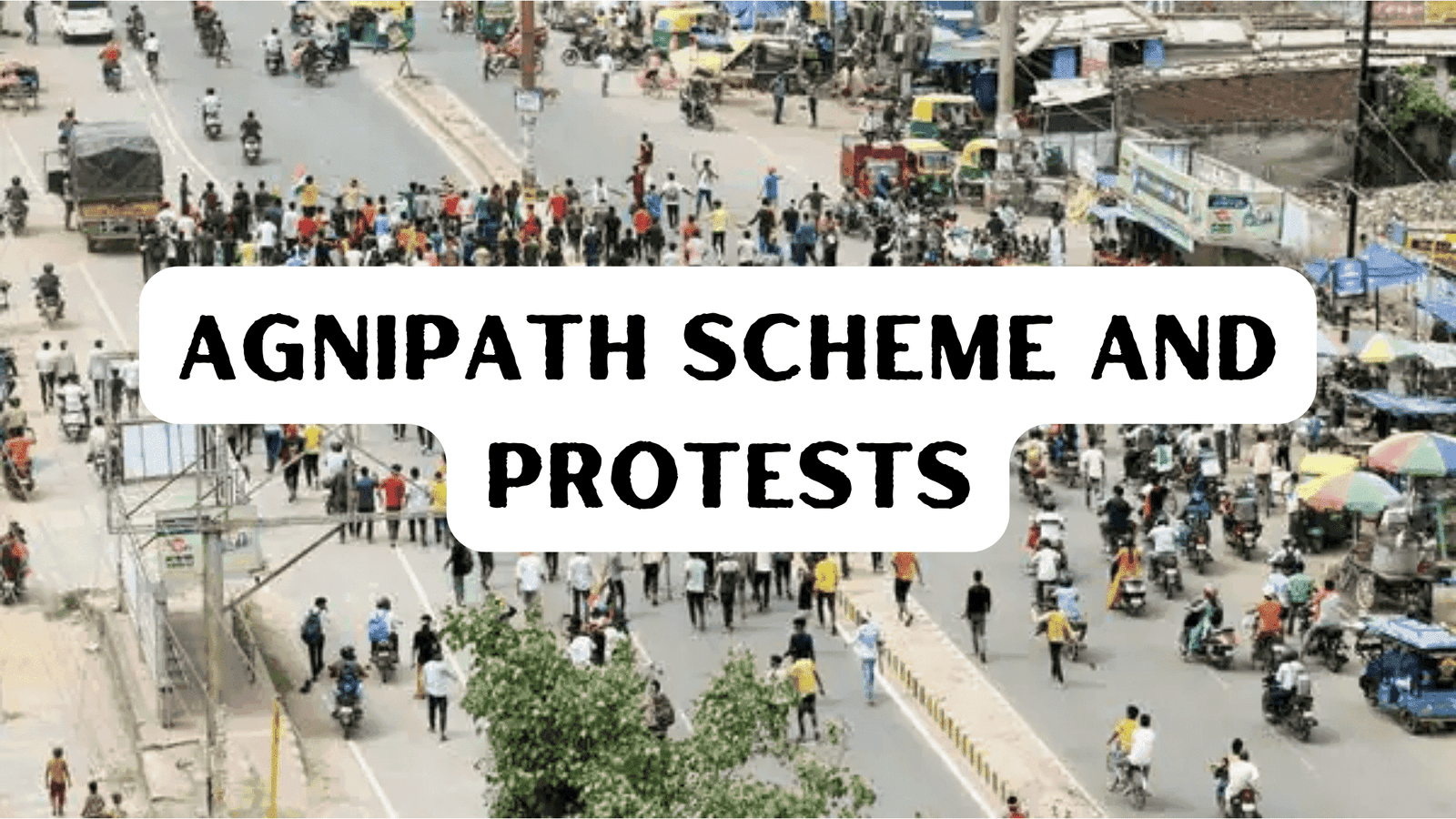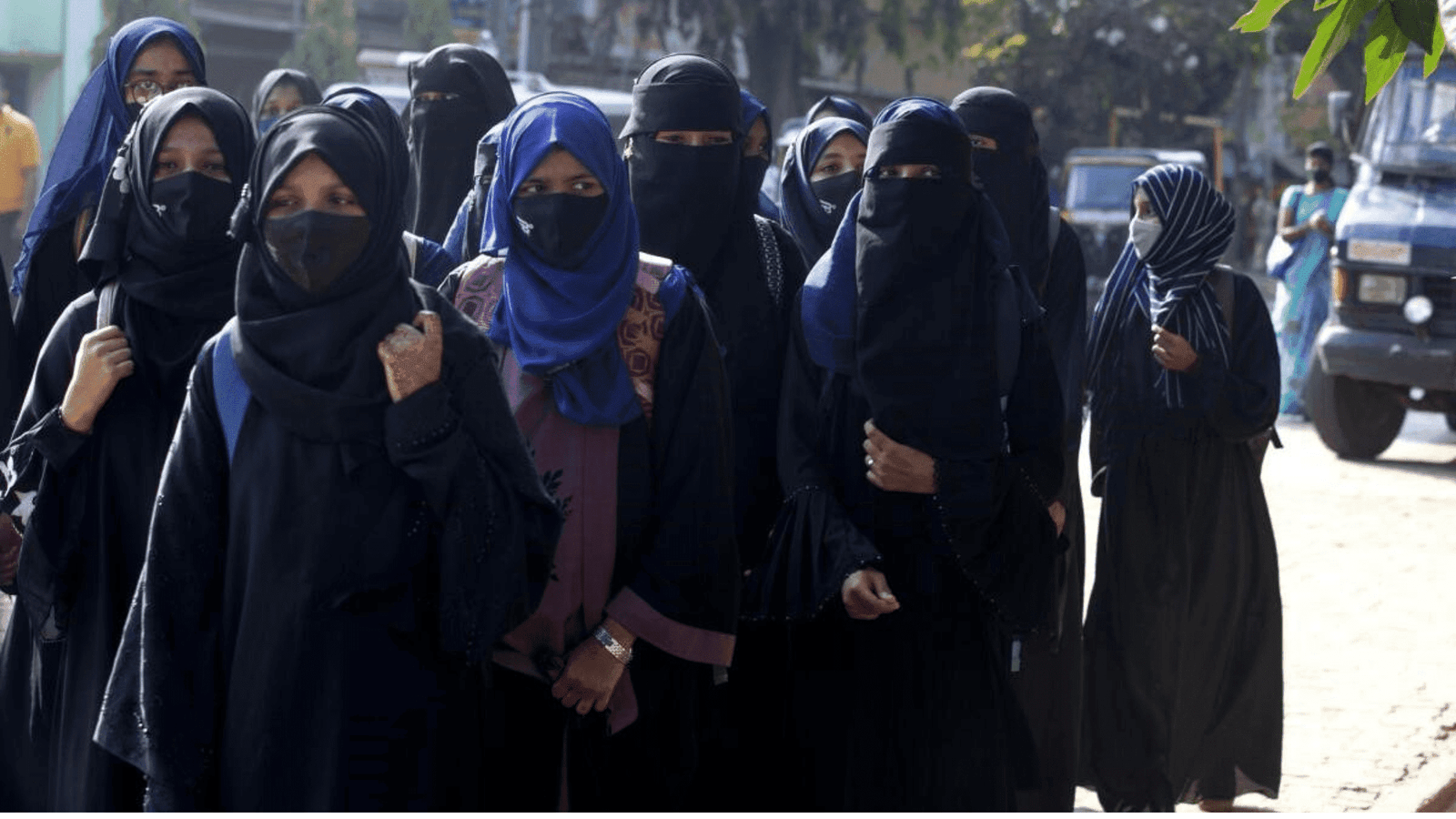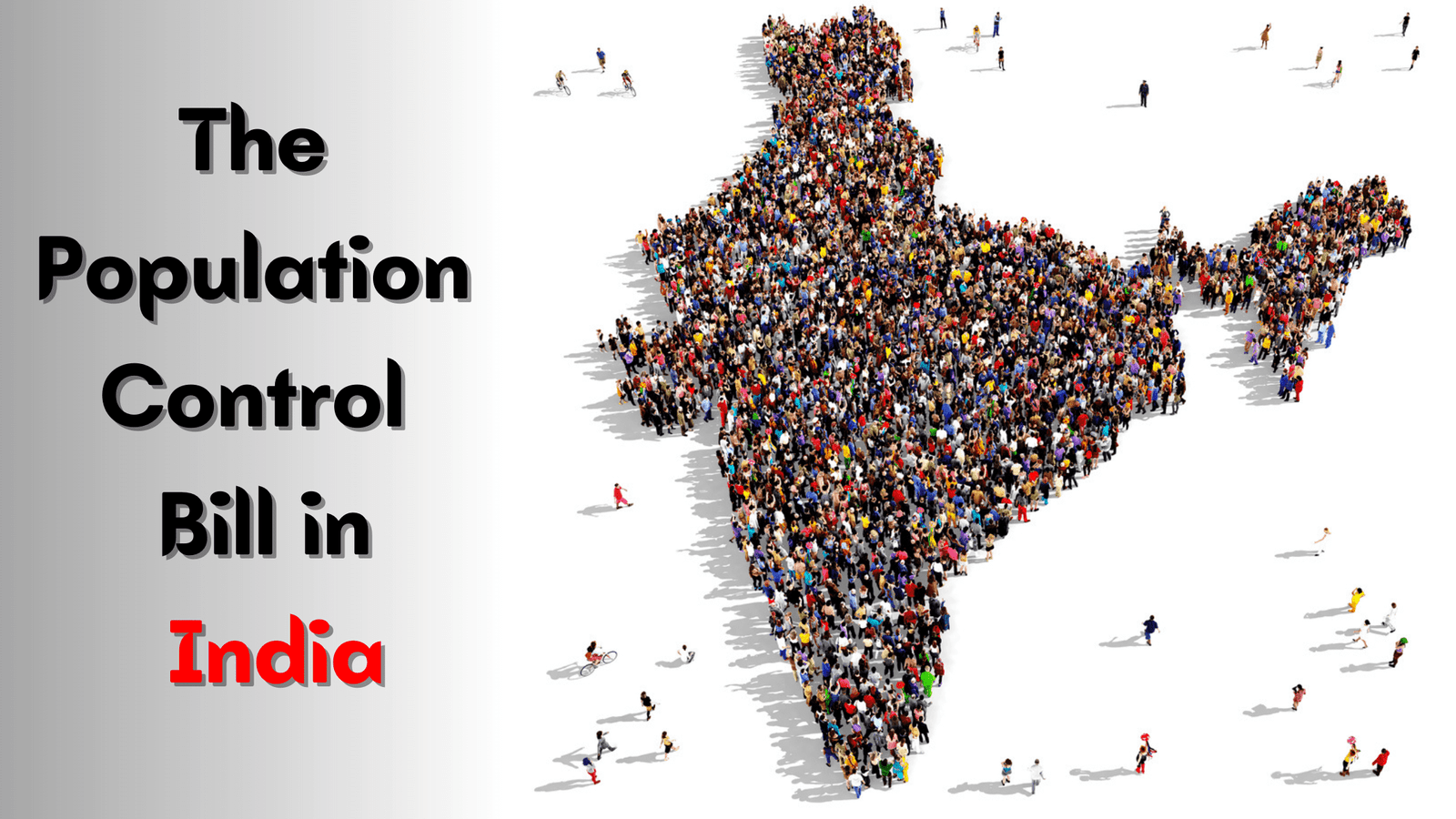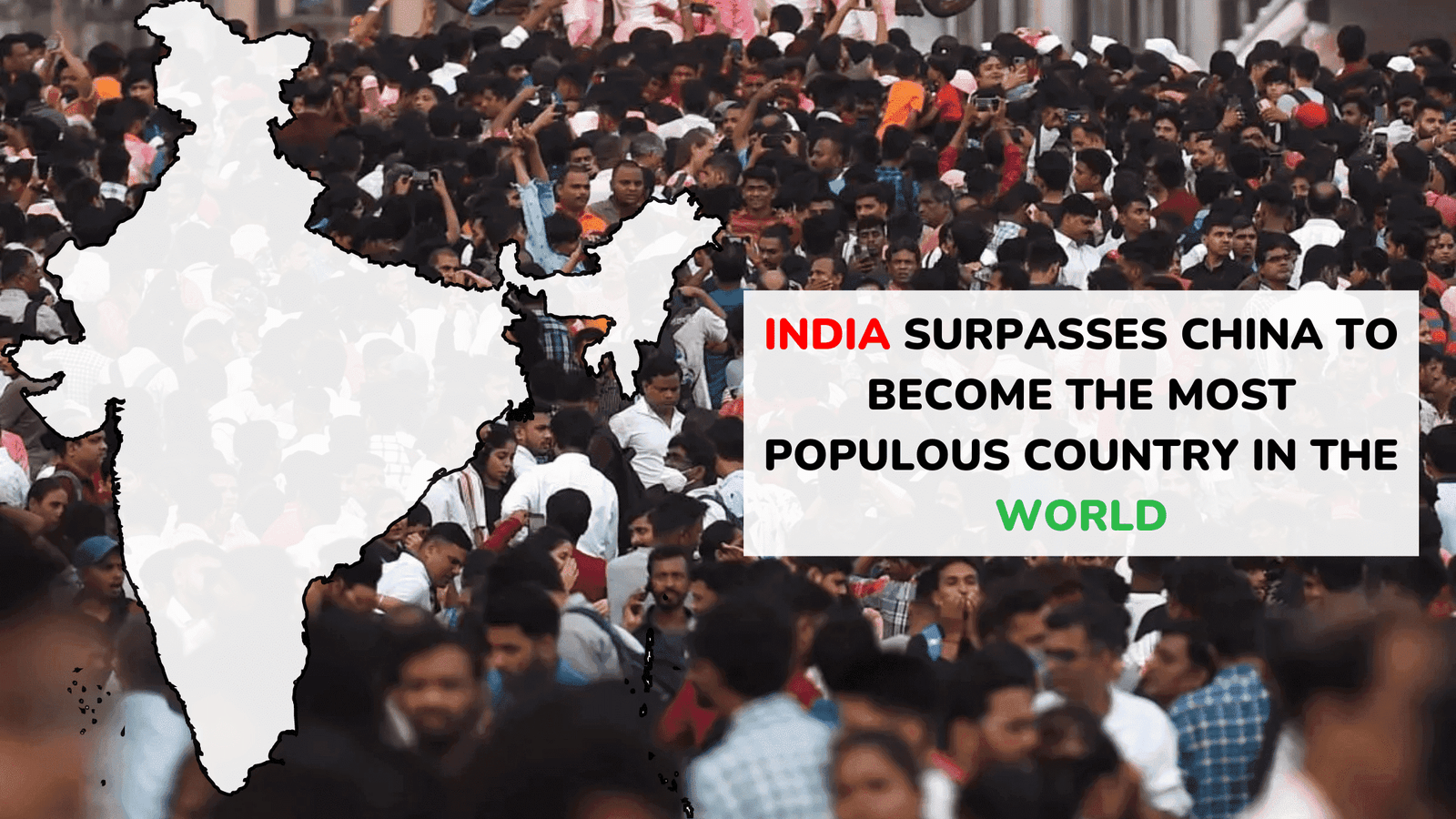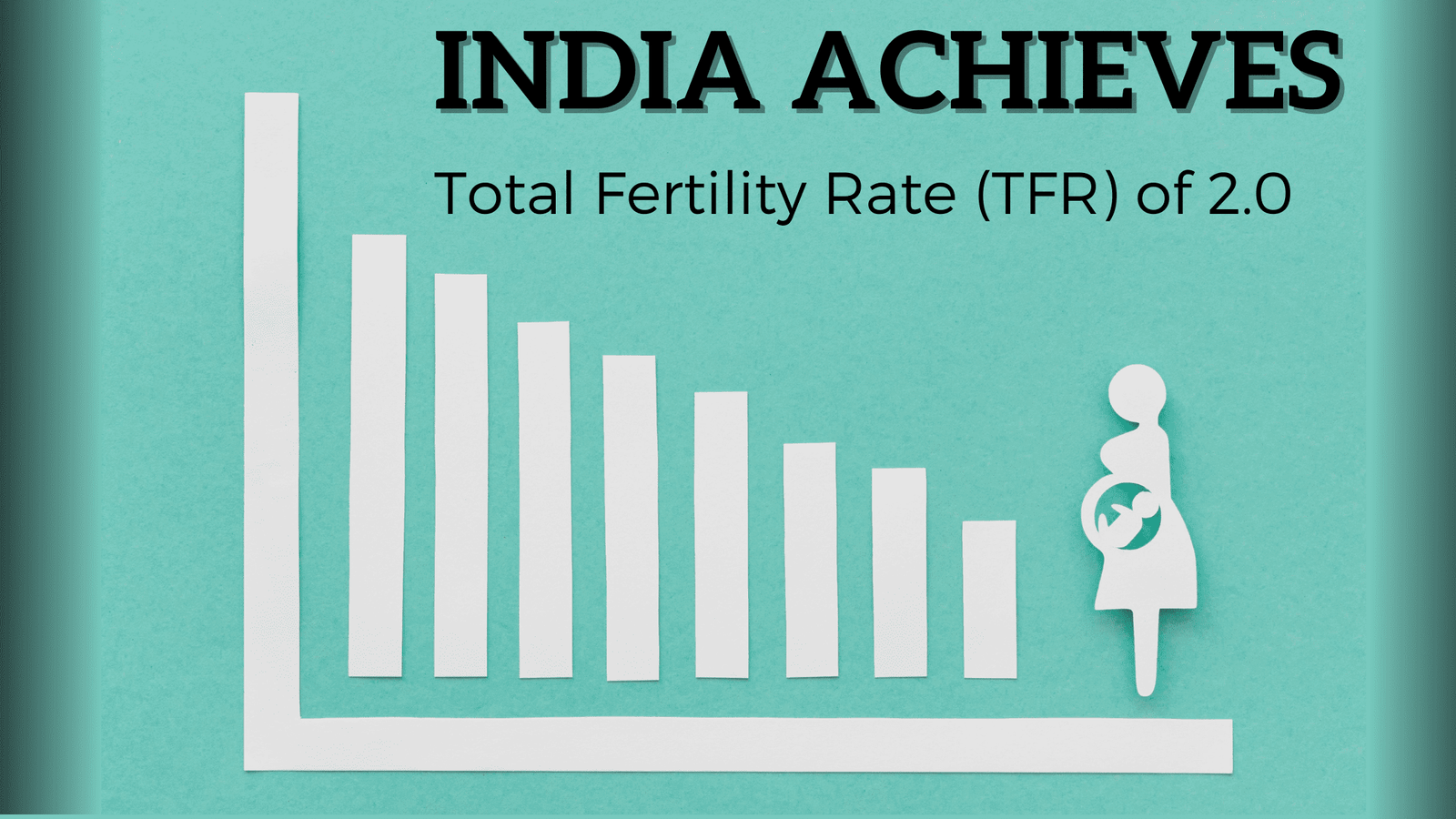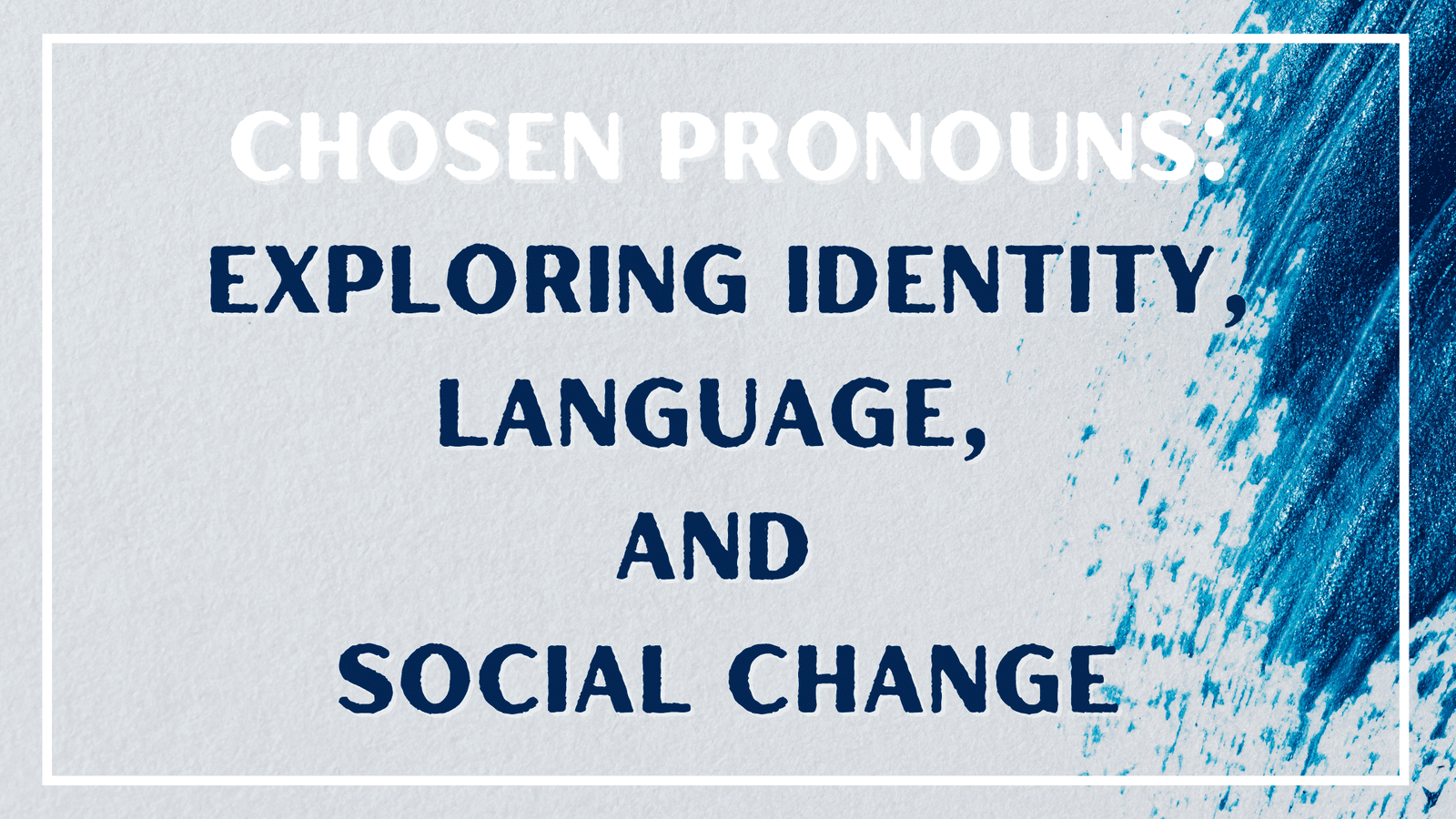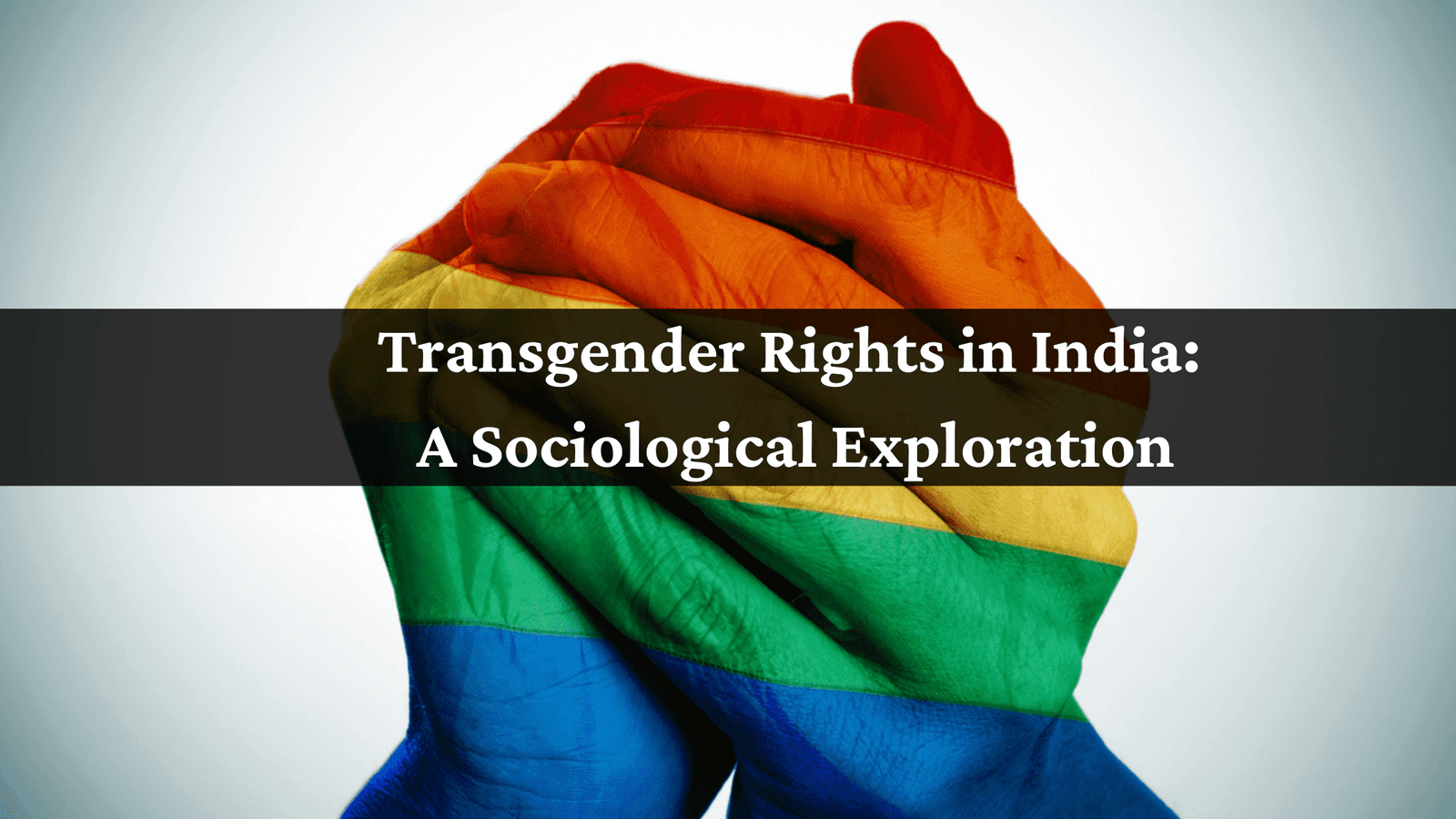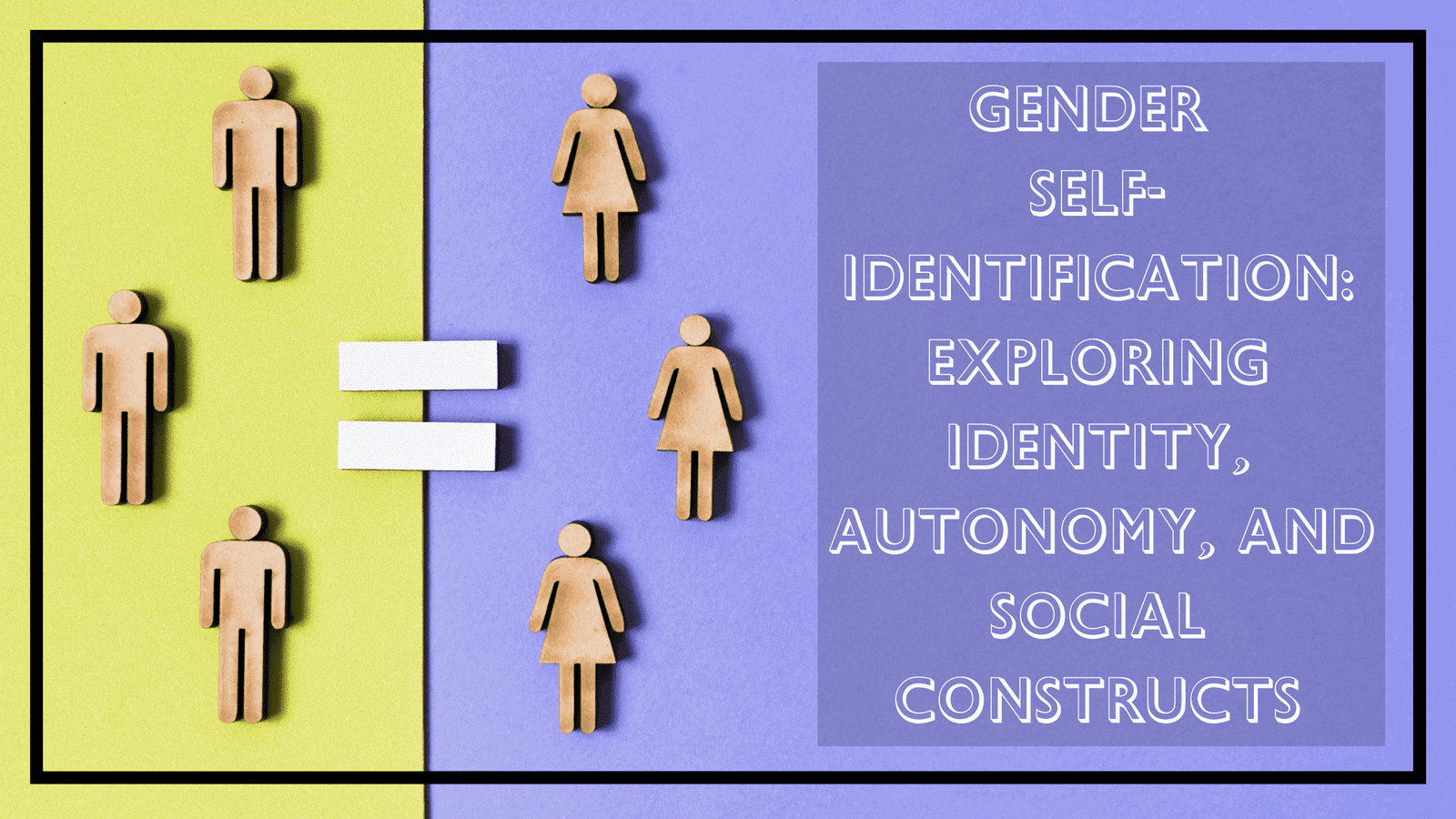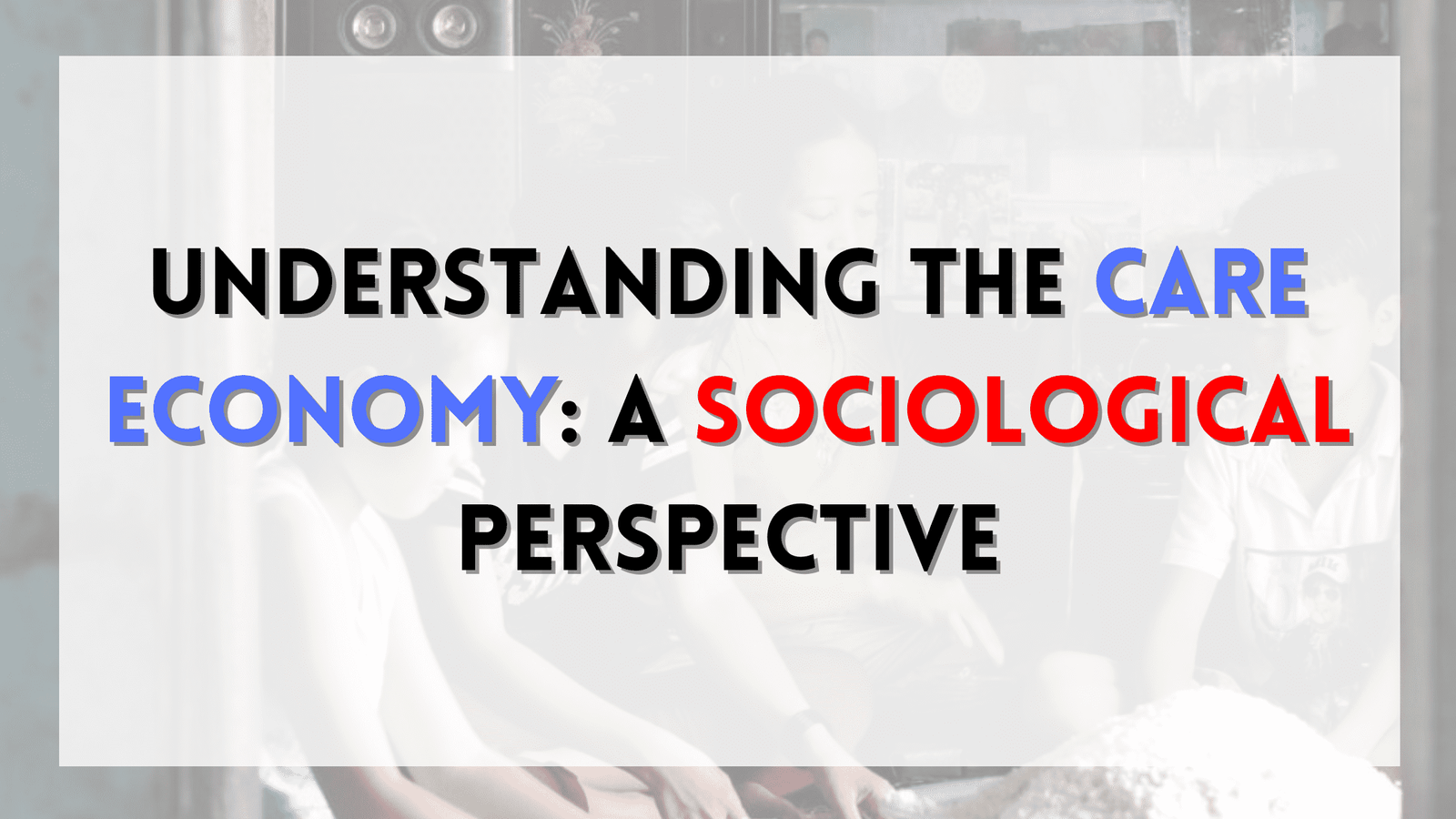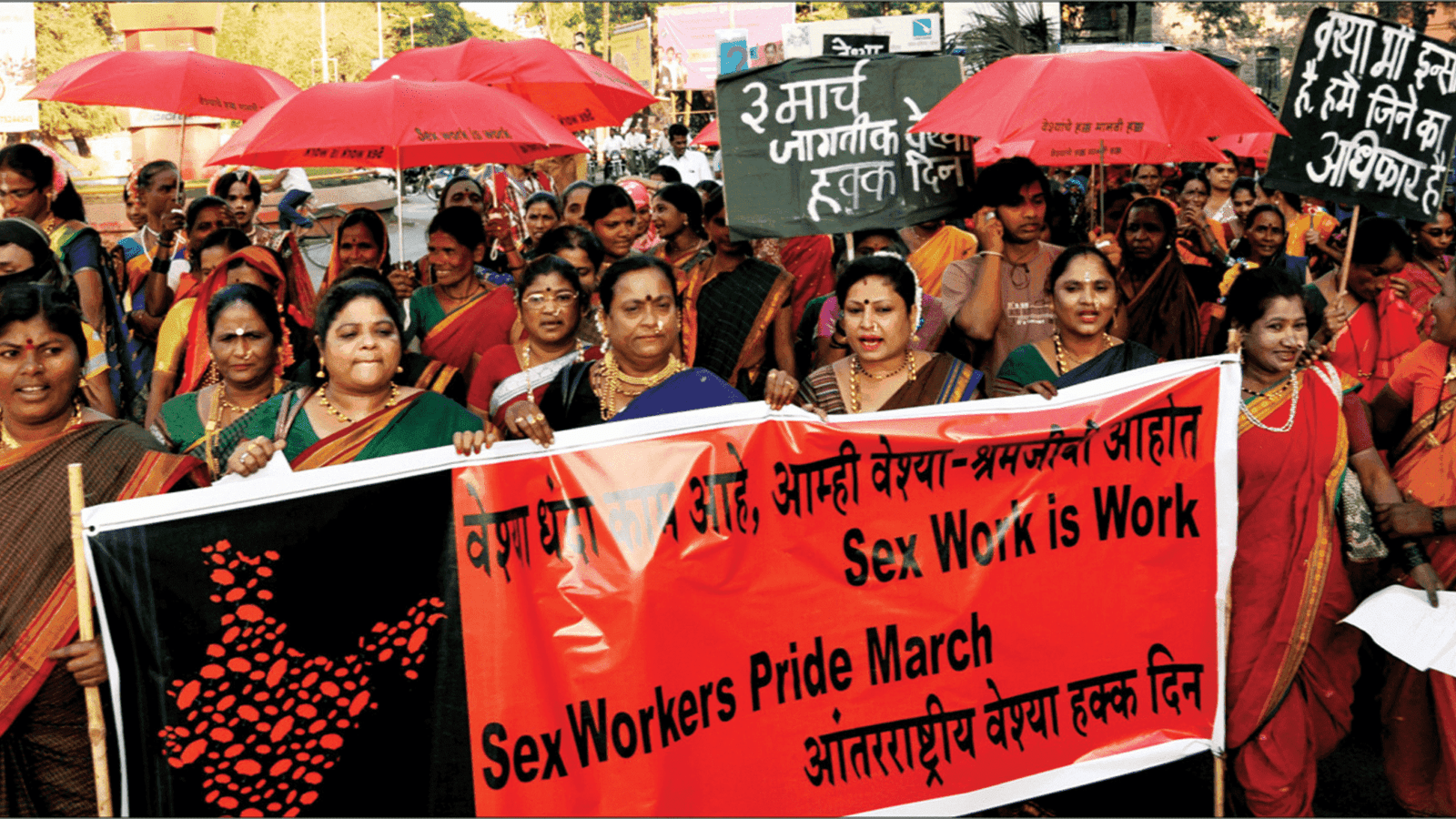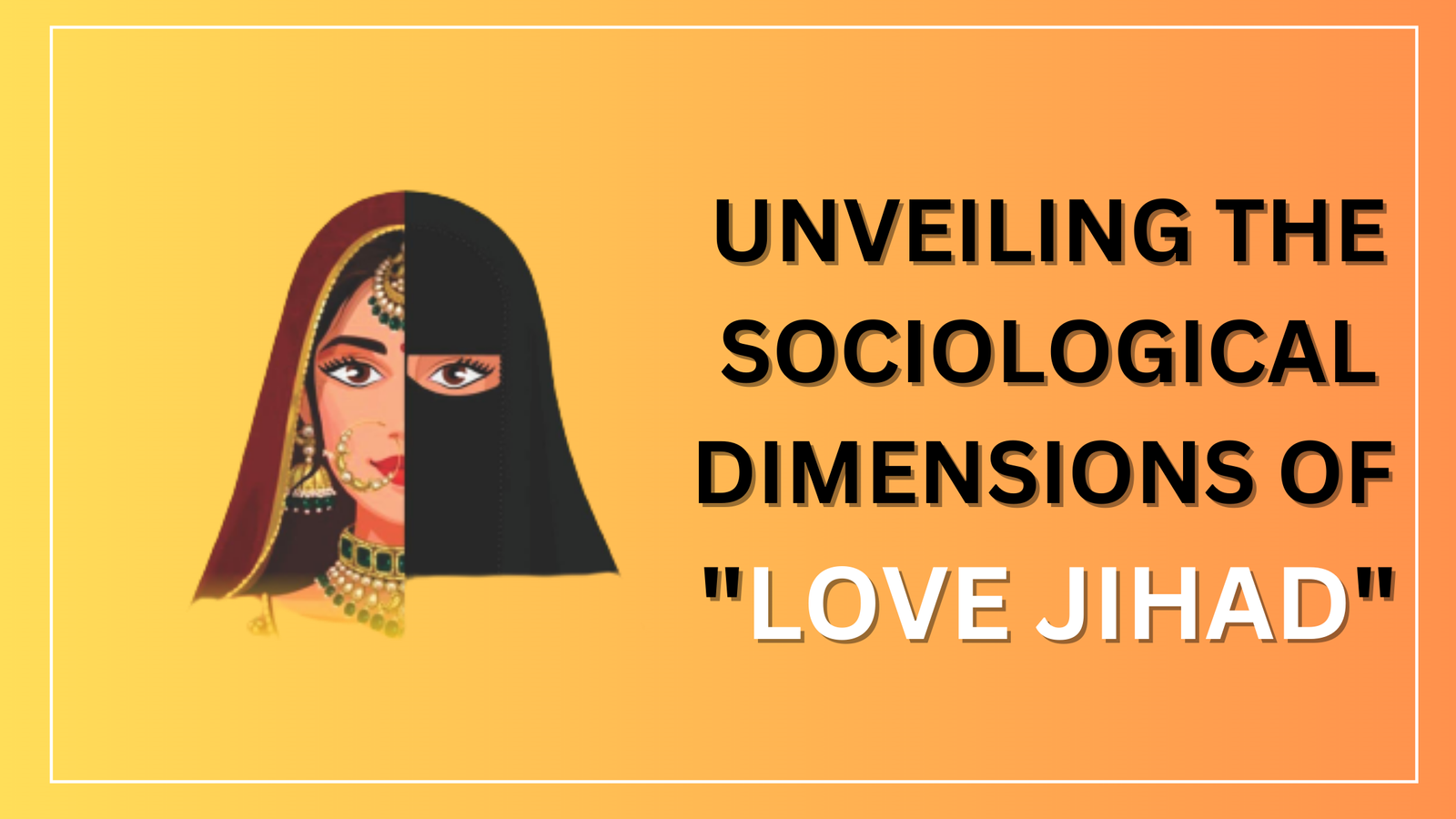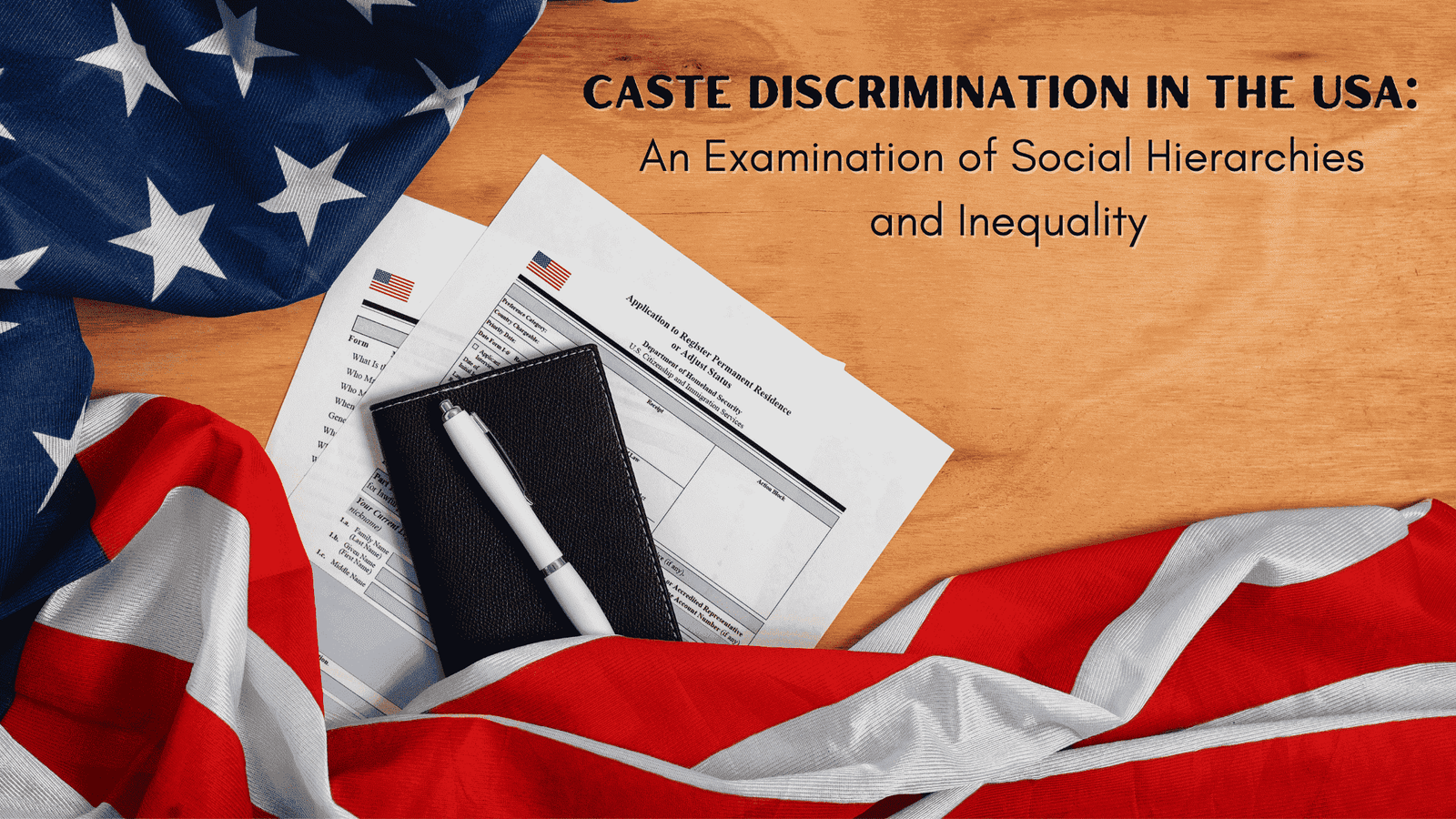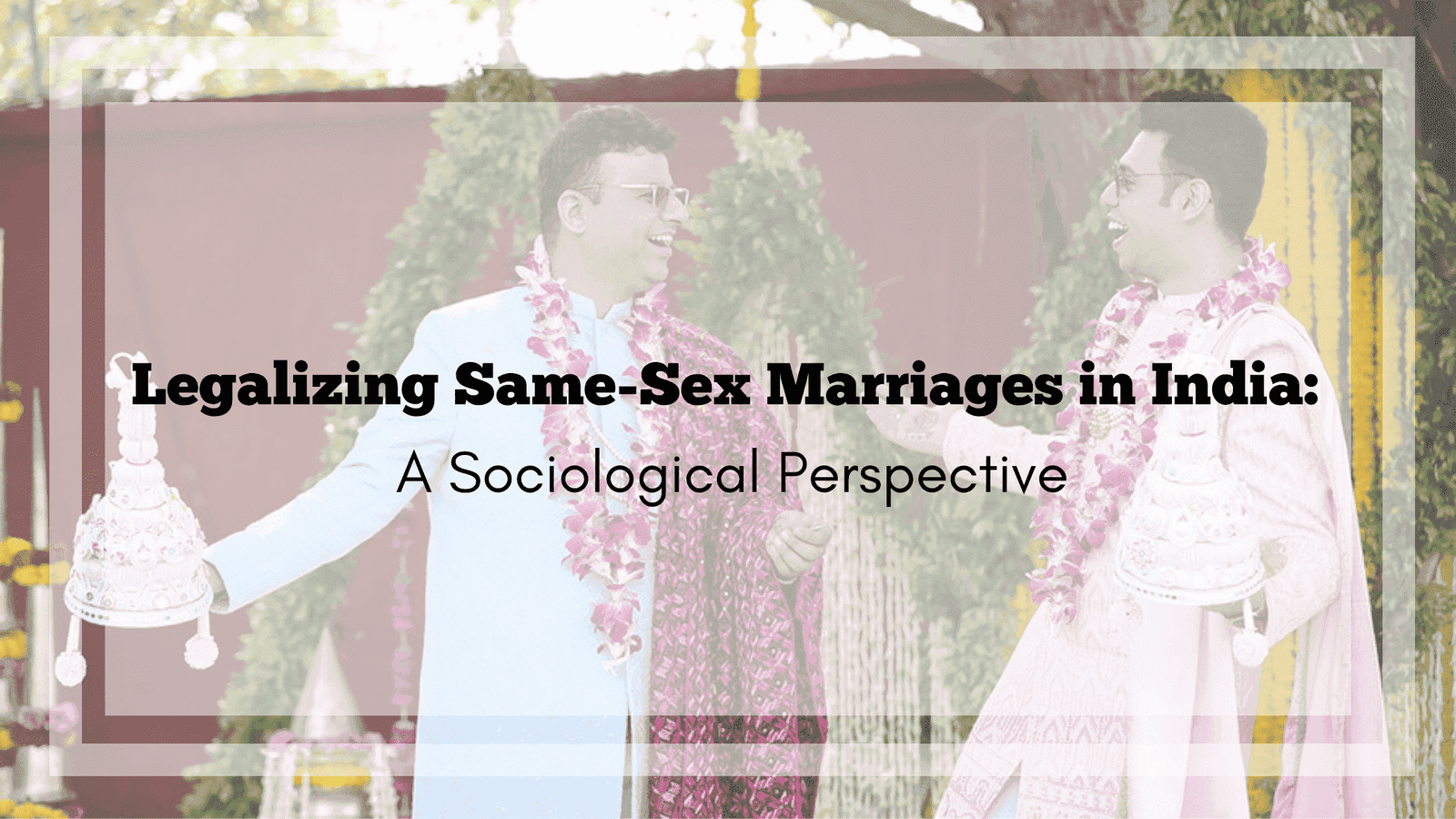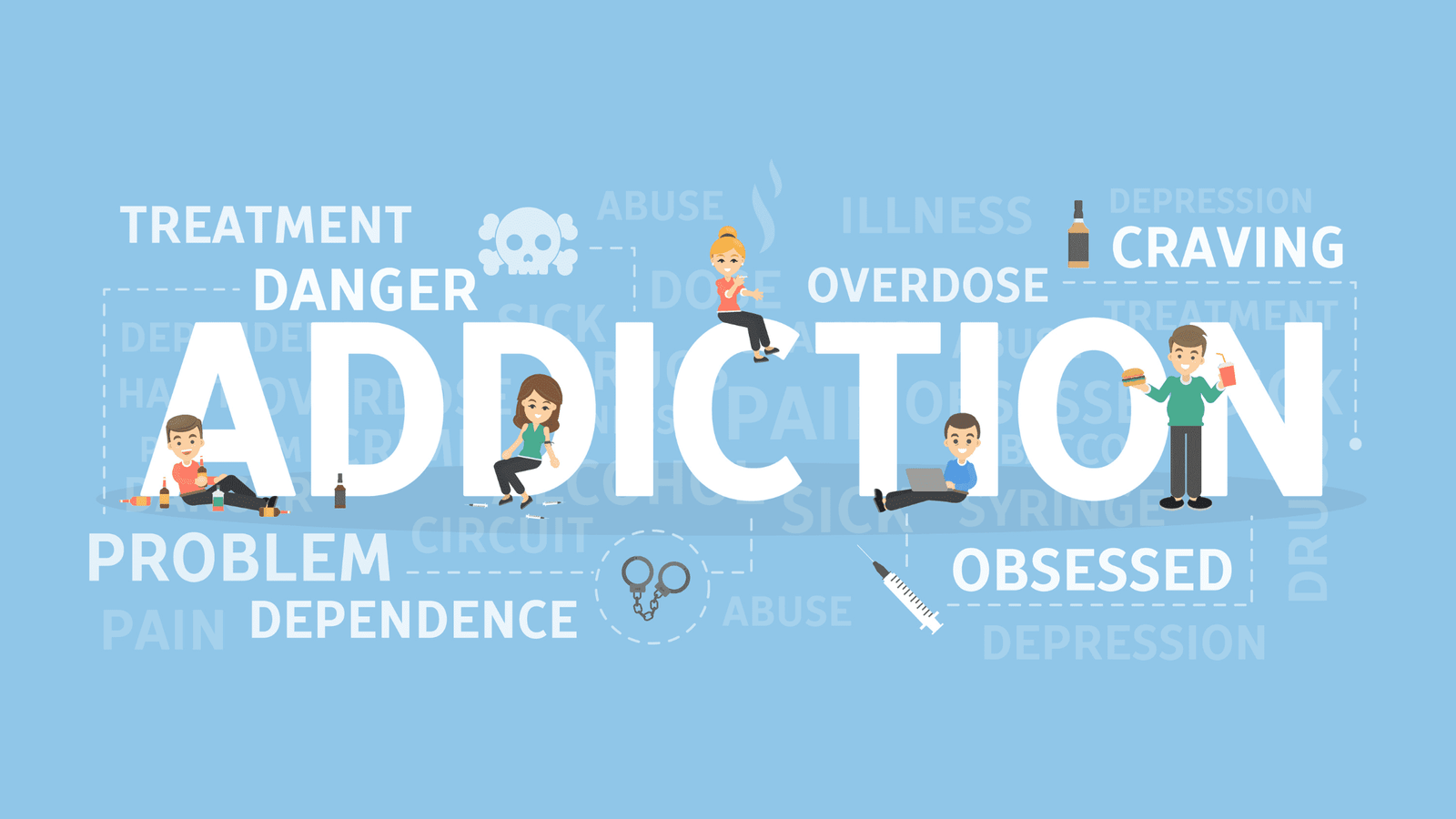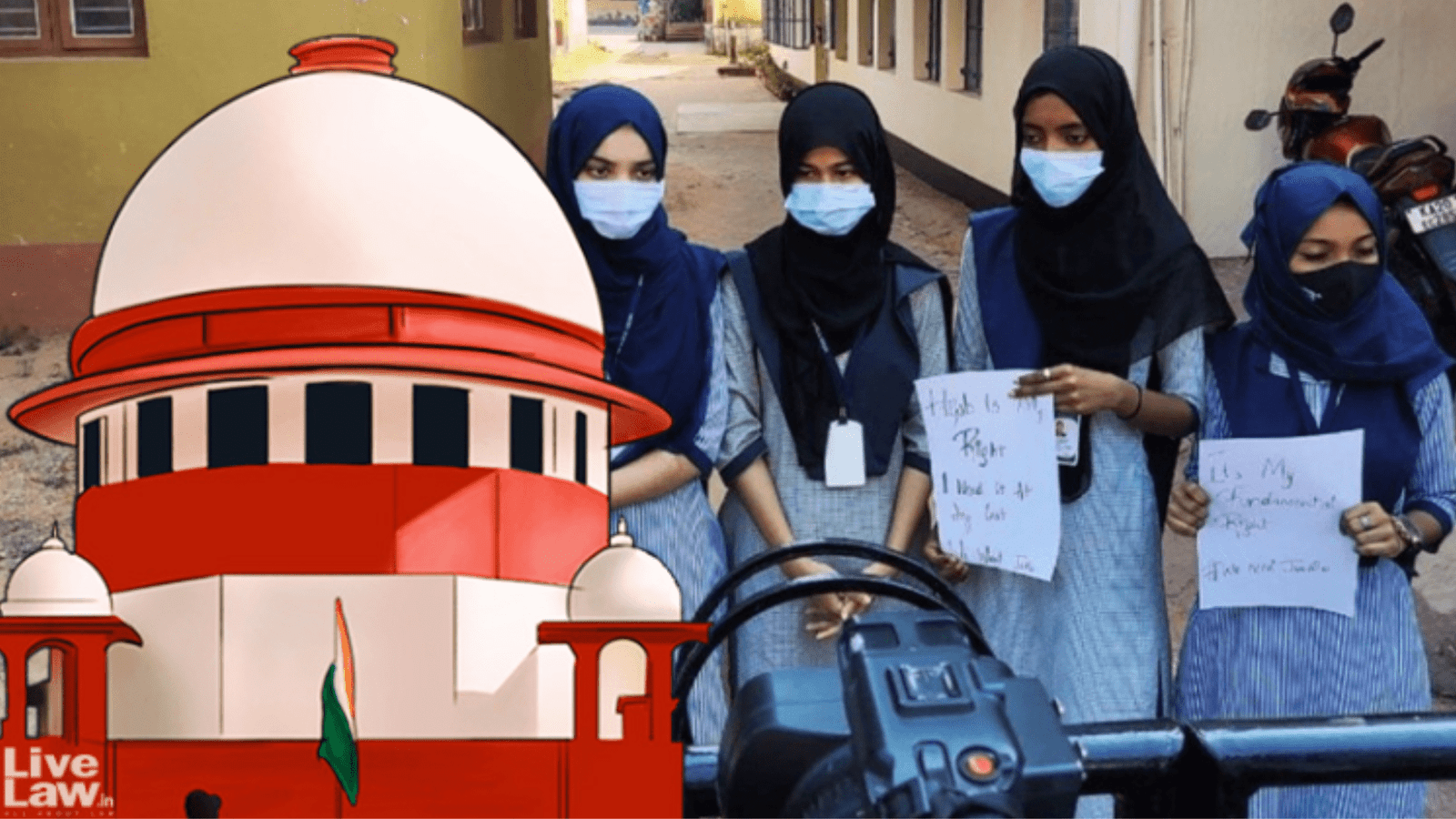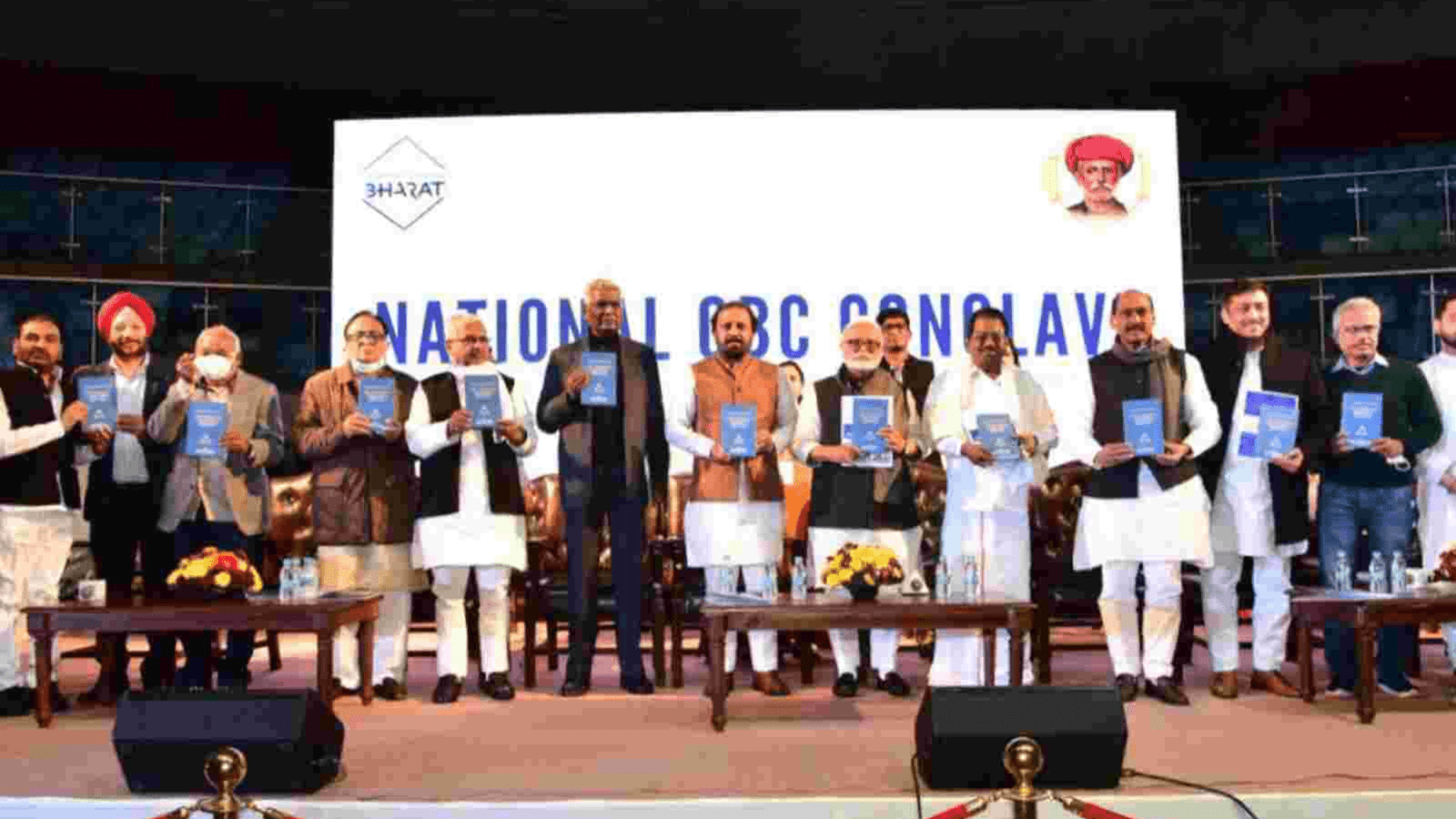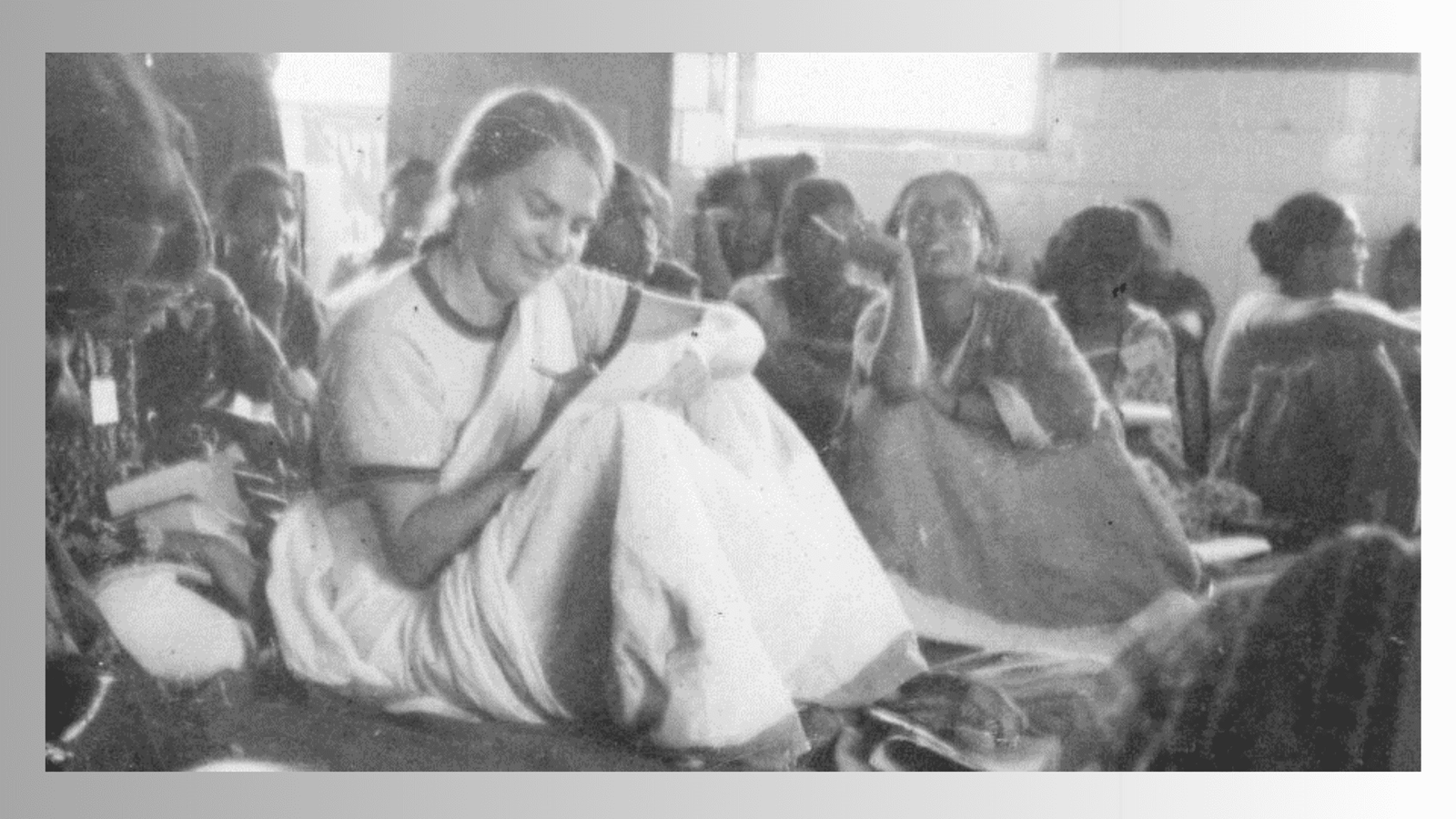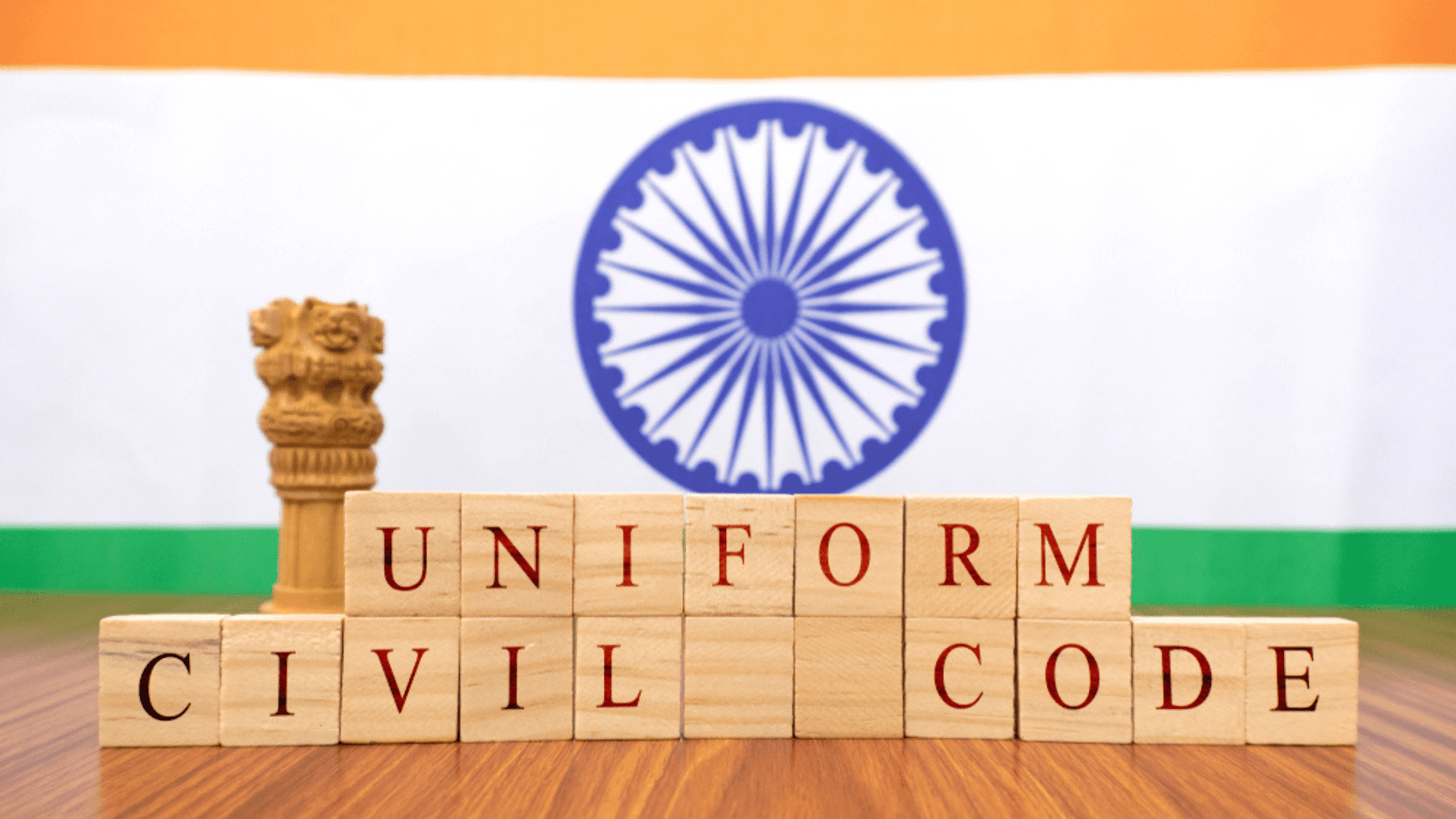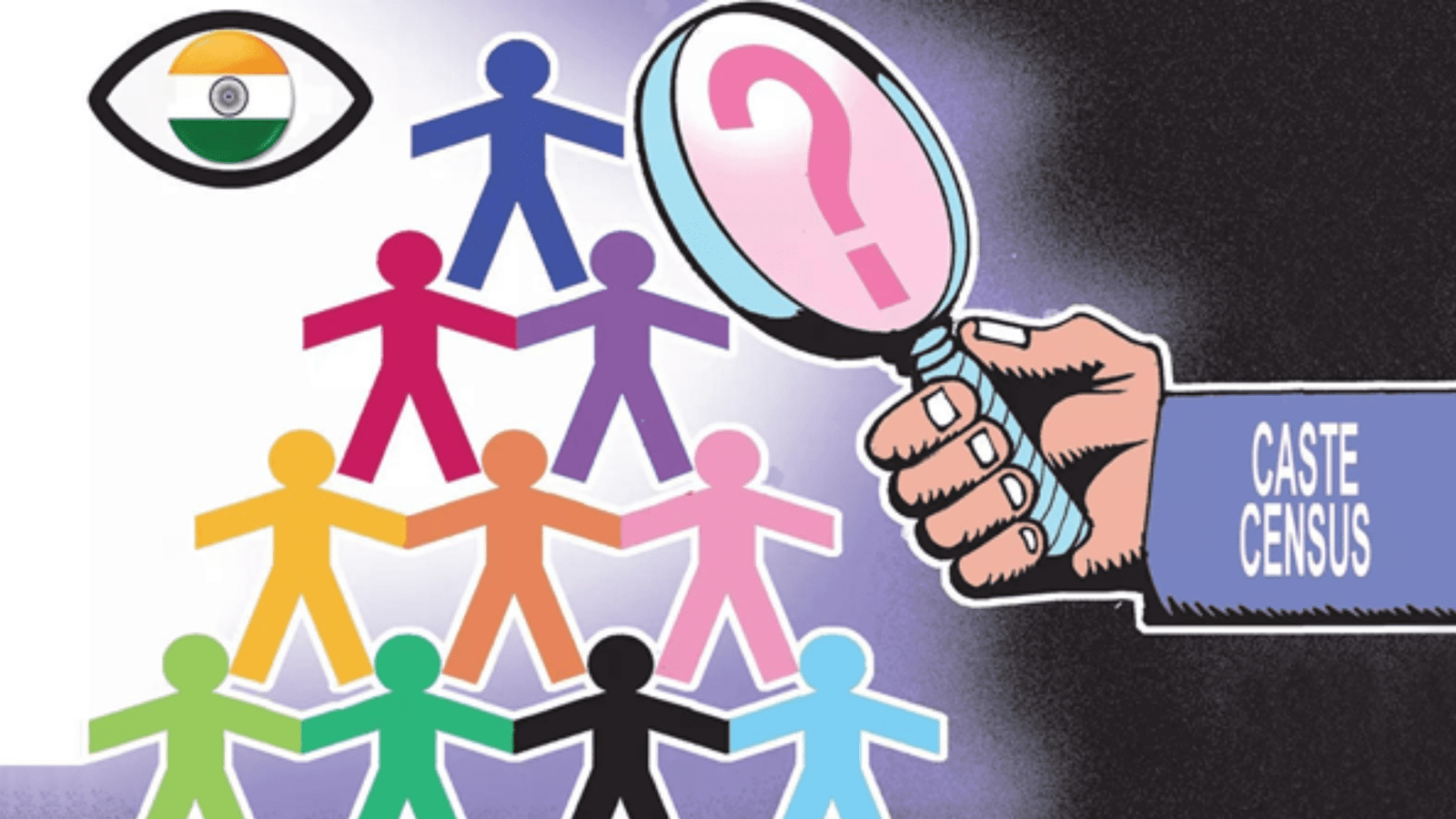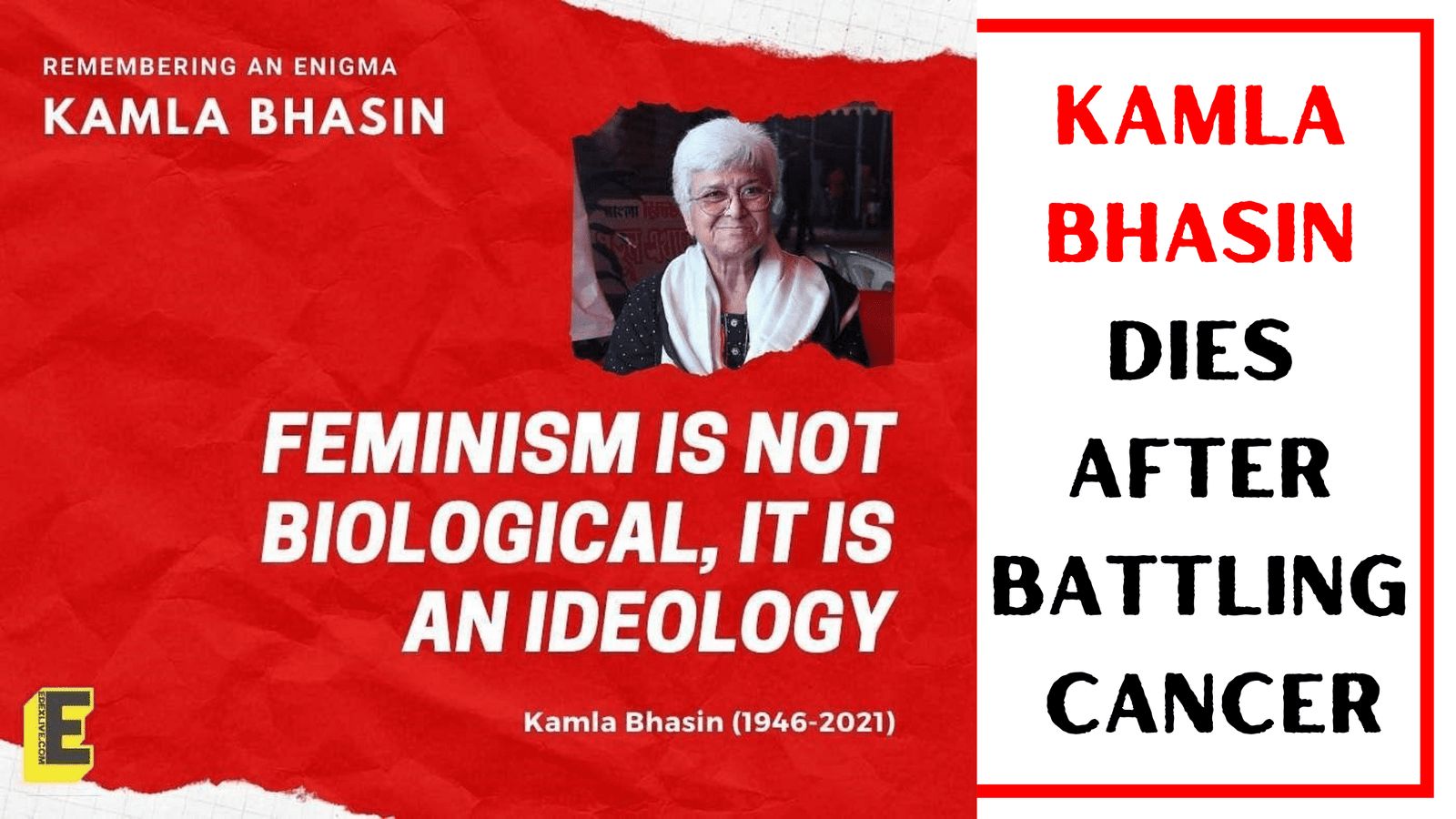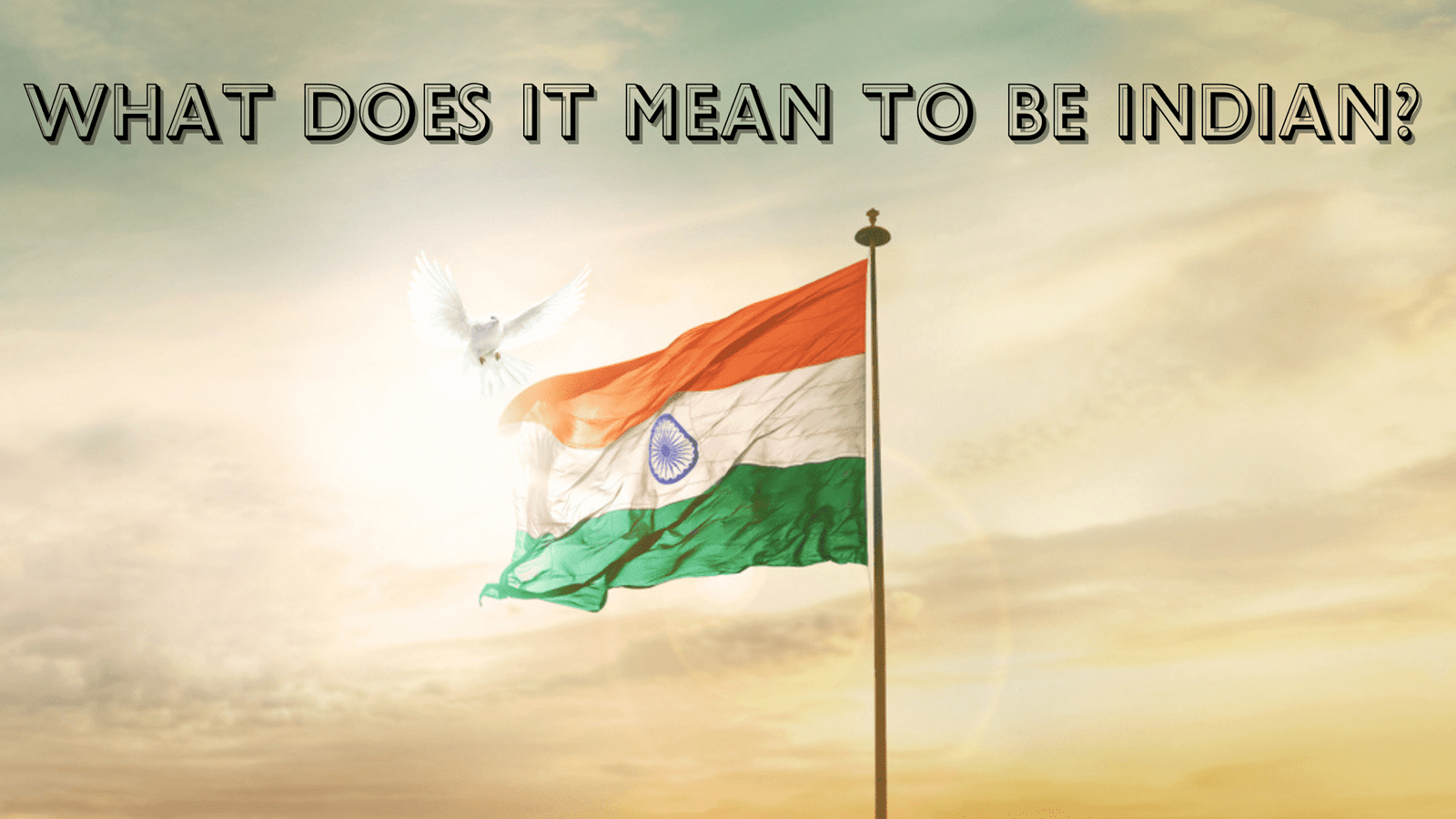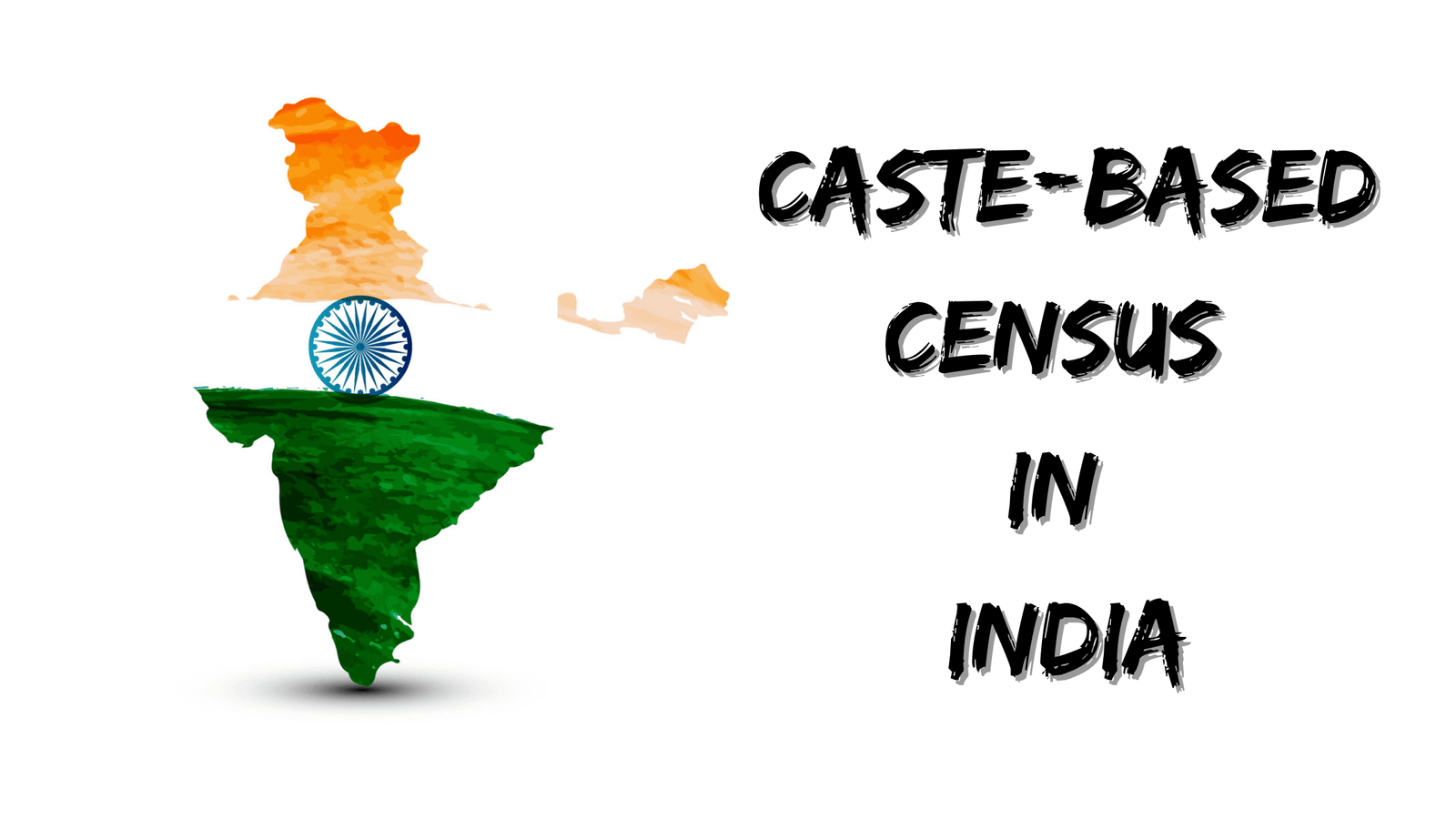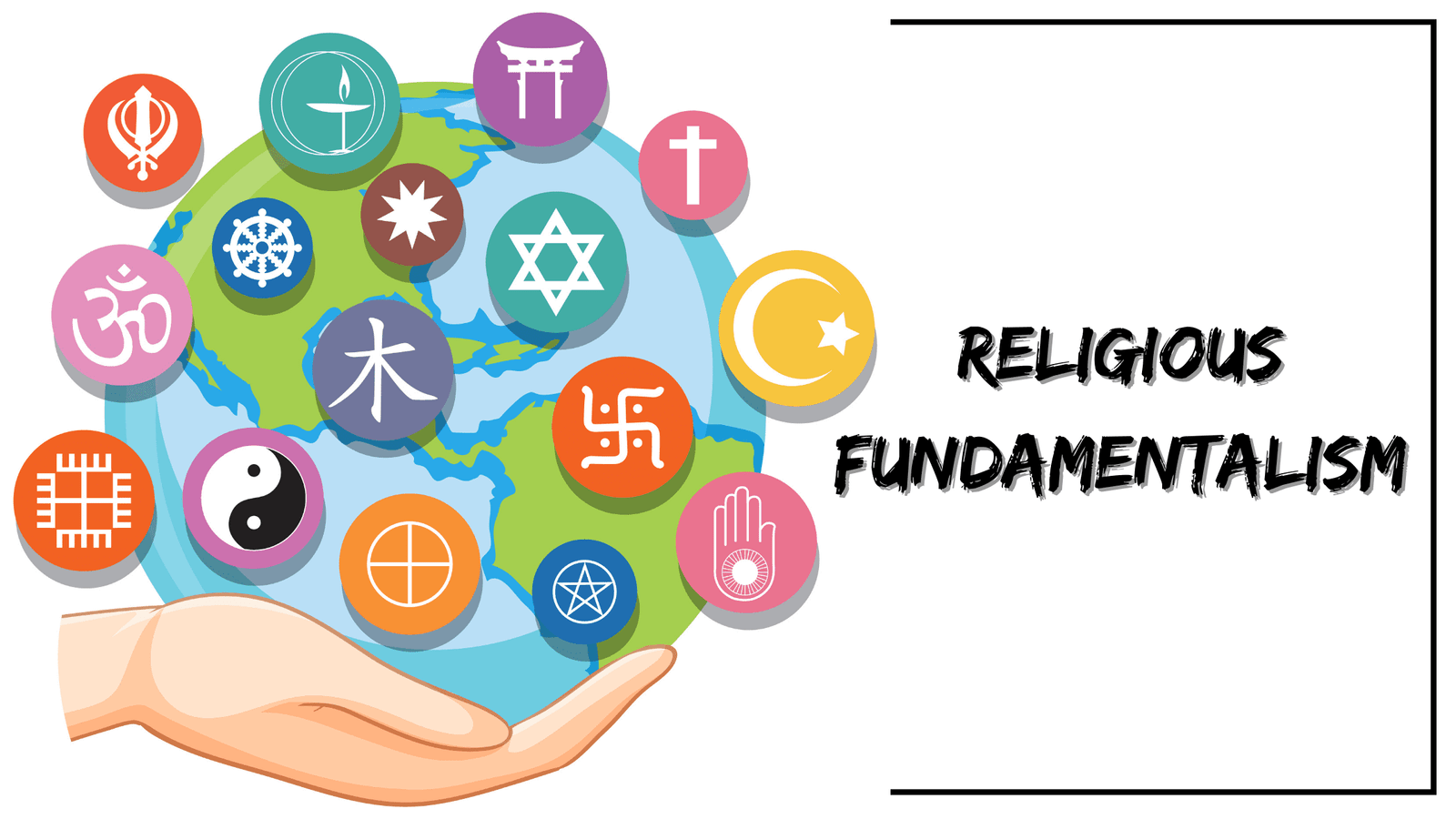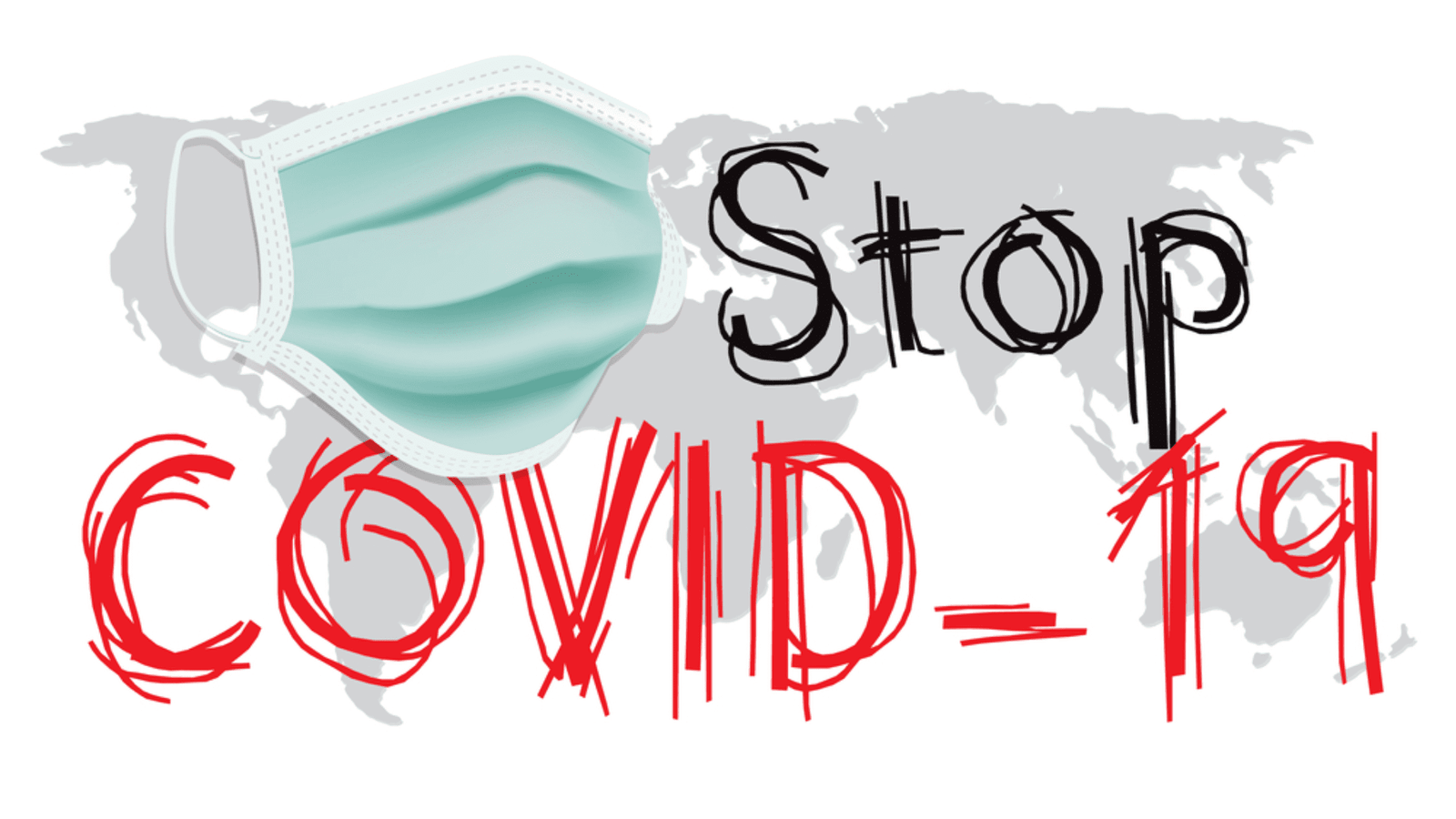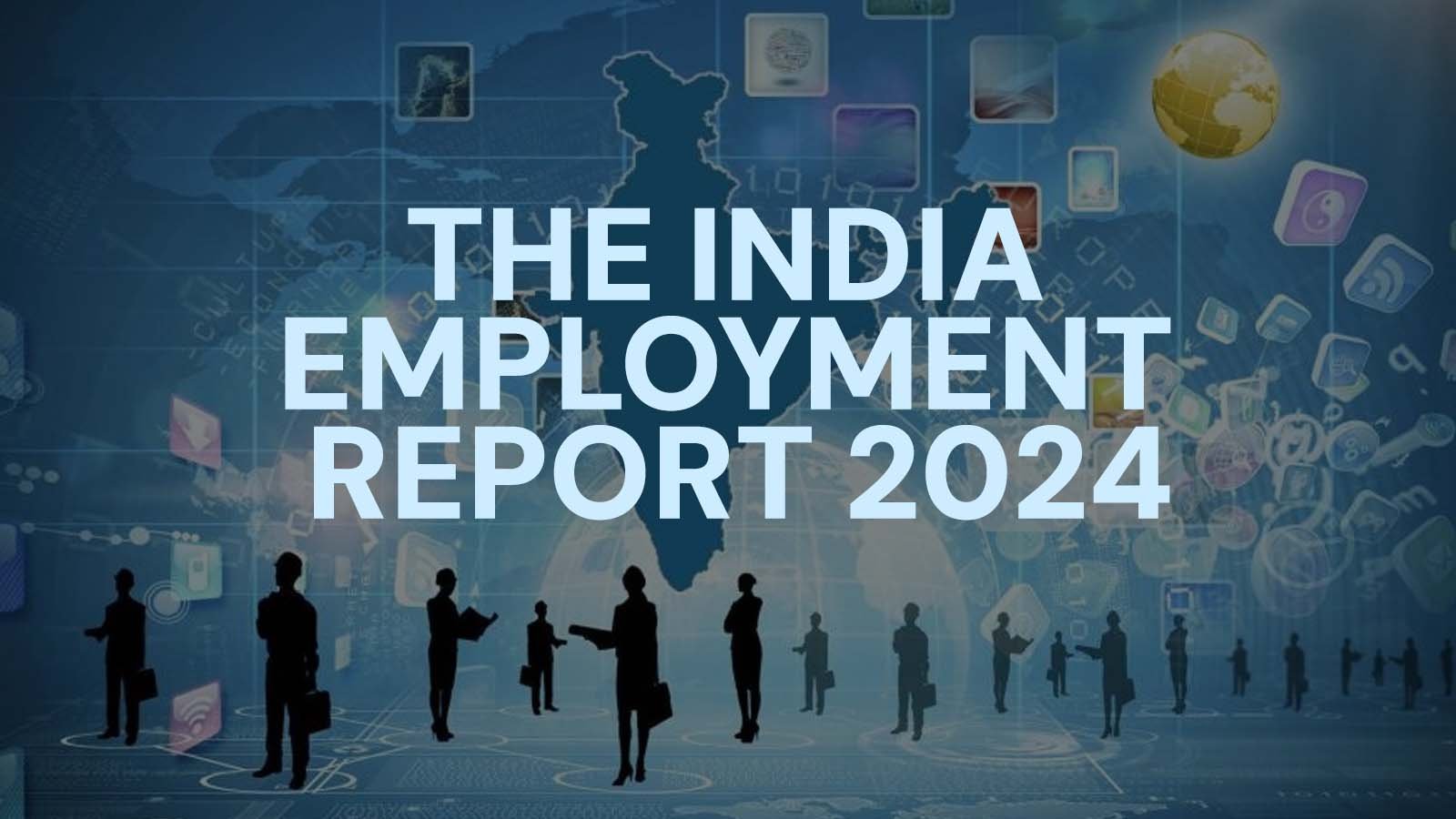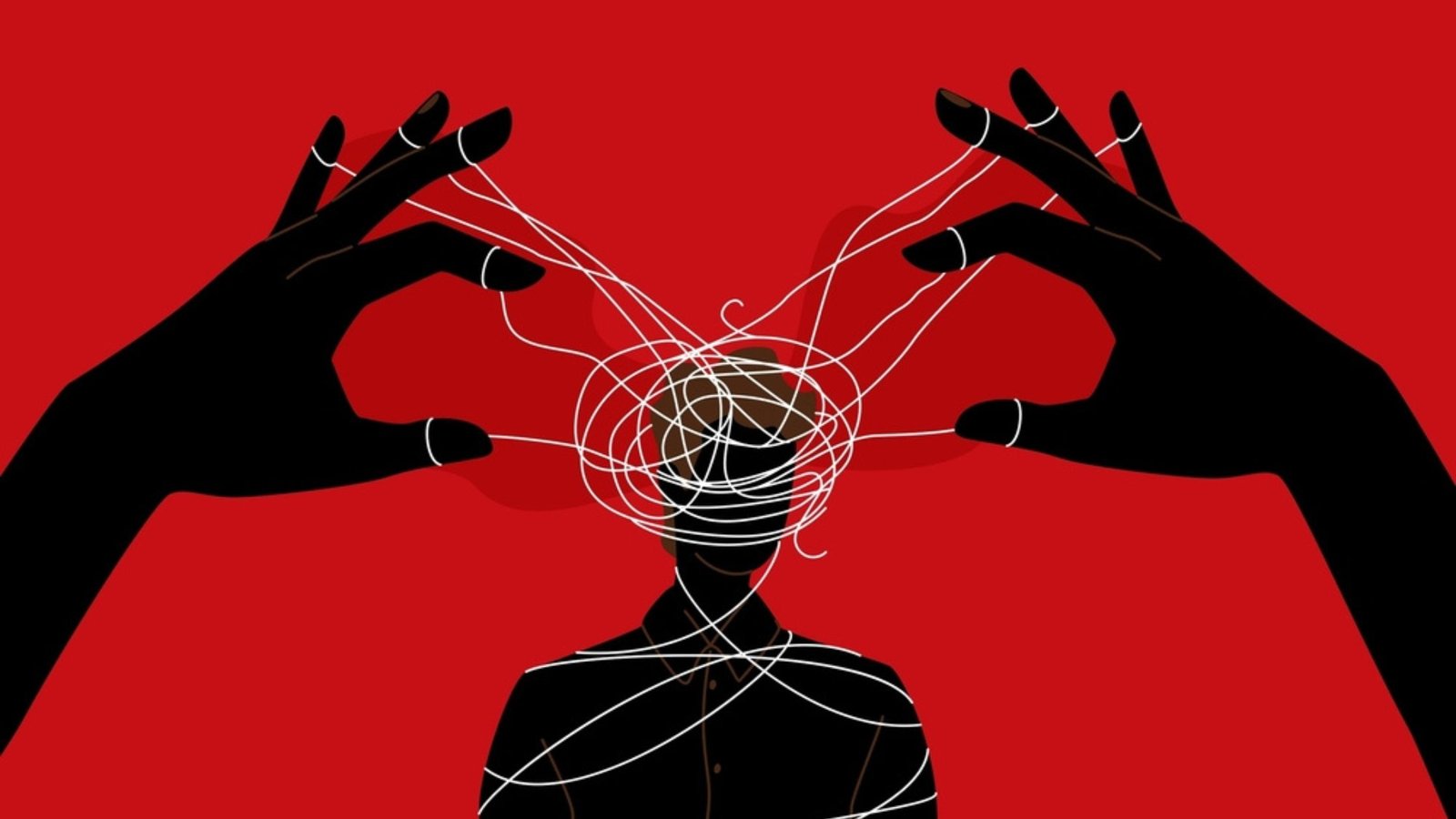
Gaslighting, a term that originated from a 1938 play and later adapted into a psychological concept, has found its place in the realm of sociology. This article delves into the sociological dimensions of gaslighting, exploring the terminologies, theories, and concepts used to understand this form of psychological manipulation. By drawing upon the perspectives of Indian and Western sociologists, along with relevant statistical data, this article aims to shed light on the complexities and societal implications of gaslighting.
Defining Gaslighting:
Gaslighting refers to a form of psychological manipulation where one person seeks to undermine the reality, perception, or sanity of another individual. This is achieved through consistent denial, misrepresentation, or distortion of facts, often leading the victim to doubt their own memory, perception, or understanding of events. The term is derived from the play "Gas Light" by Patrick Hamilton, where a husband manipulates his wife's perception of reality to convince her that she is going insane.
Understanding Gaslighting from a Sociological Perspective:
Sociologists analyze gaslighting through various theoretical frameworks, such as power dynamics, identity formation, and emotional abuse theory. These concepts offer insights into the social and psychological factors that enable gaslighting within interpersonal and institutional settings.Power Dynamics:Gaslighting is often rooted in power imbalances, where one person uses their position of authority, influence, or dominance to manipulate another's perception and reality. The power dynamics at play can be based on gender, race, class, or other social hierarchies, creating a context for psychological control and manipulation.
Identity Formation:Gaslighting can also impact an individual's identity formation and self-concept. The consistent undermining of one's reality can lead to feelings of self-doubt, insecurity, and diminished self-esteem. This has broader implications for how individuals perceive themselves within their social context and how they interact with others.
Emotional Abuse Theory:Gaslighting is closely linked to emotional abuse, as it involves the deliberate infliction of emotional harm on the victim. Emotional abuse can erode an individual's sense of agency, autonomy, and emotional well-being, leaving lasting scars on their mental health and interpersonal relationships.
Perspectives from Indian and Western Sociologists:
Nivedita Menon, in her work "Seeing Like a Feminist", highlights the gendered nature of gaslighting, particularly in intimate relationships and societal norms. Menon emphasizes the need for recognizing and challenging the power dynamics that perpetuate gaslighting within patriarchal societies.
Robin Stern, in her book "The Gaslight Effect: How to Spot and Survive the Hidden Manipulation Others Use to Control Your Life", provides an in-depth analysis of gaslighting dynamics and offers strategies for identifying and responding to gaslighting behaviors.
Impact on Mental Health and Society:
Gaslighting can have profound consequences on mental health, leading to anxiety, depression, and post-traumatic stress disorder (PTSD) for the victims. The erosion of trust and emotional well-being can also hinder their ability to seek support or challenge the gaslighter's behavior.
On a societal level, gaslighting can contribute to a culture of distrust, disinformation, and division. In institutional settings, gaslighting can occur in abusive relationships between authority figures and vulnerable populations, undermining efforts to address systemic issues or seek justice.
Emotional abuse, of which gaslighting is a part, affects millions of individuals worldwide, with women and marginalized groups often experiencing higher rates of emotional abuse.
Conclusion:
Gaslighting is a complex psychological and sociological phenomenon that warrants careful examination. By analyzing gaslighting through sociological theories and perspectives from Indian and Western sociologists, we gain a deeper understanding of the social and power dynamics that enable such manipulation. Sociological research plays a critical role in raising awareness about gaslighting, challenging power imbalances, and advocating for supportive and empathetic social environments. Only through collective efforts to recognize, address, and prevent gaslighting can we foster healthier interpersonal relationships and build a more compassionate and understanding society.
